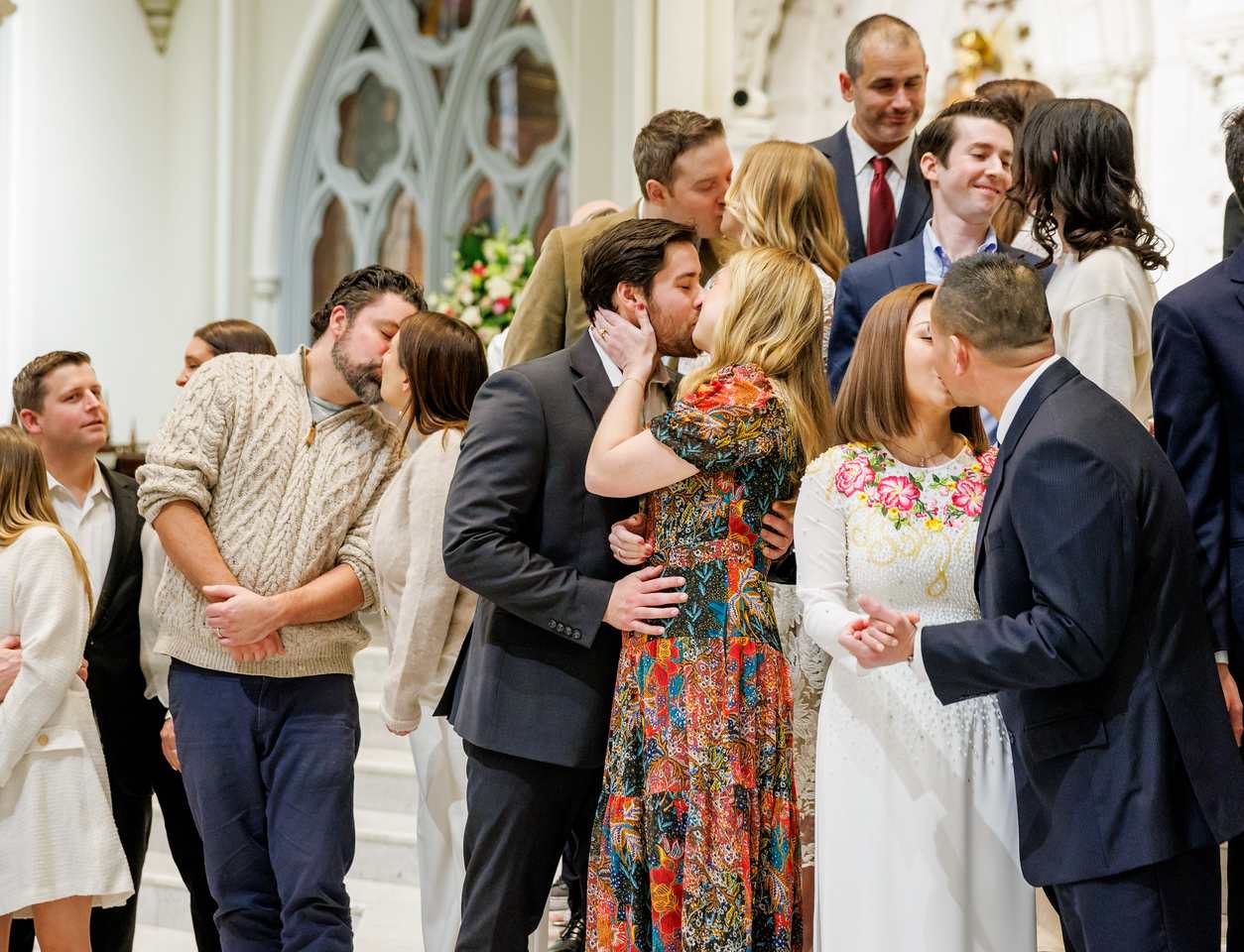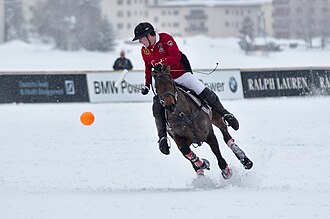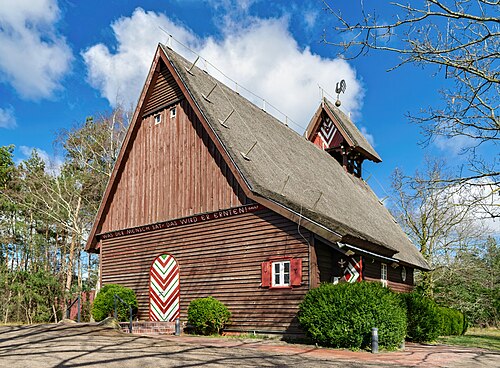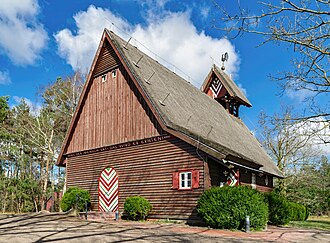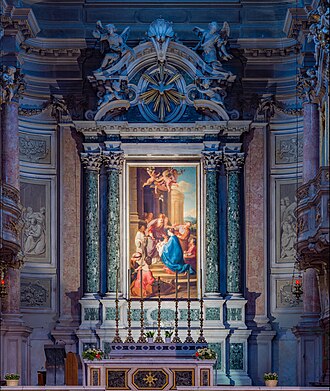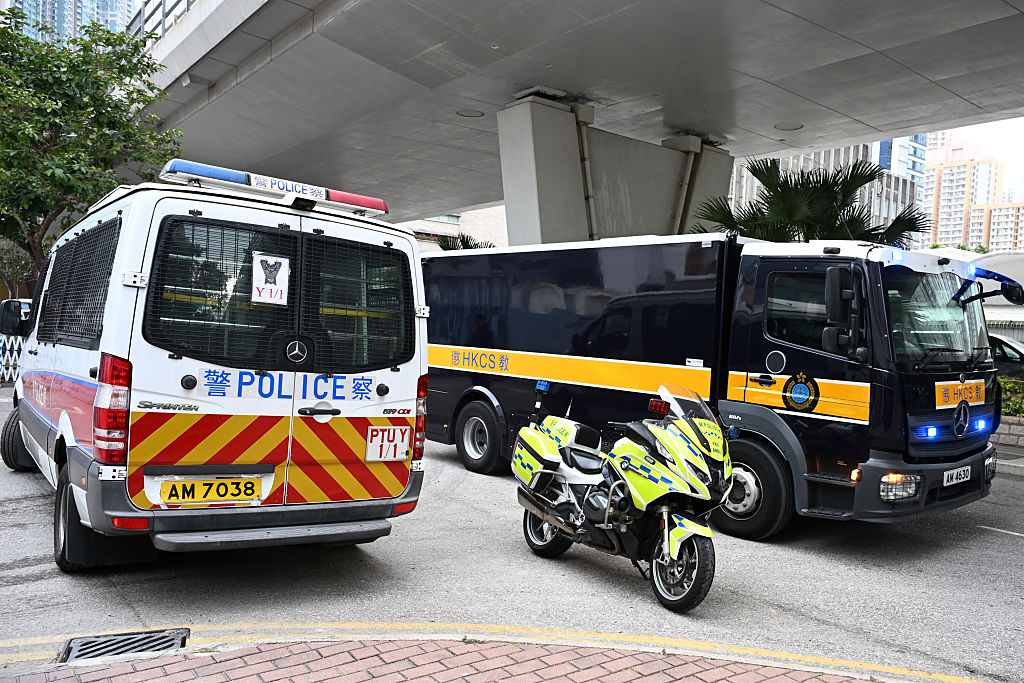| Picture of the day |
|---|

|
|
Heubach and tree-lined wedding avenue, Hausdülmen, Dülmen, North Rhine-Westphalia, Germany
|
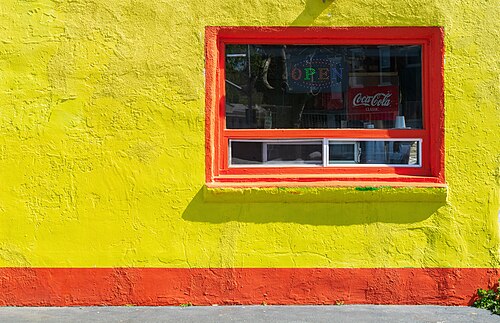
| Picture of the day |
|---|
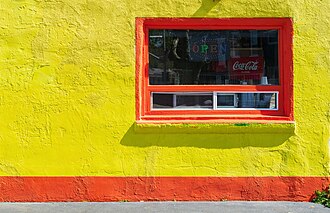
|
|
Window of the Mexican restaurant Amigos de Acapulco, Oroville Avenue, Chico, California
|

“In stepping back from digital excess, we reclaim interior silence, deepen relationships, and rediscover God’s presence in daily life,” the Catholic Bishops’ Conference of the Philippines said.

![Cardinal Parolin: The Vatican ‘will not participate in Trump’s Board of Peace’ – #Catholic – Cardinal Pietro Parolin, Vatican secretary of state, announced on Feb. 17 that the Holy See “will not participate in the Board of Peace,” an initiative promoted by U.S. President Donald Trump to address various conflicts around the world, such as the one in Gaza.The Holy See “will not participate in the Board of Peace due to its particular nature, which is clearly not that of other states,” the cardinal told reporters after a meeting in Rome with the Italian government at Palazzo Borromeo on the occasion of the anniversary of the Lateran Pacts, which in 1929 recognized the sovereignty of Vatican City State.When asked about Italy’s participation as an observer on the Board of Peace, Parolin stated: “There are some points that leave one somewhat perplexed. There are critical points that need to be explained.”“The important thing is that an attempt is being made to provide an answer. However, for us, there are some critical issues that need to be resolved,” the cardinal said, according to Vatican News, adding that “one concern is that, at the international level, it is primarily the U.N. [United Nations] that manages these crisis situations. This is one of the points on which we have emphasized.”On Jan. 21, Parolin had told reporters that the Vatican was evaluating whether or not to participate in Trump’s Board of Peace, a question that has now been decided.Trump’s Peace Board seeks to address global conflicts, with a particular focus on the Gaza Strip, as an independent body separate from the United Nations. More than 25 countries have announced their participation, including Argentina, El Salvador, Paraguay, Belarus, Bulgaria, the United Arab Emirates, Hungary, Egypt, and Morocco.Parolin also spoke on Feb. 17 about the war in Ukraine, saying that “there is great pessimism,” since “neither side seems to have made any real progress toward peace, and it is tragic that after four years we are still at this point.”This story was first published by ACI Prensa, the Spanish-language sister service of EWTN News. It has been translated and adapted by EWTN News English. Cardinal Parolin: The Vatican ‘will not participate in Trump’s Board of Peace’ – #Catholic – Cardinal Pietro Parolin, Vatican secretary of state, announced on Feb. 17 that the Holy See “will not participate in the Board of Peace,” an initiative promoted by U.S. President Donald Trump to address various conflicts around the world, such as the one in Gaza.The Holy See “will not participate in the Board of Peace due to its particular nature, which is clearly not that of other states,” the cardinal told reporters after a meeting in Rome with the Italian government at Palazzo Borromeo on the occasion of the anniversary of the Lateran Pacts, which in 1929 recognized the sovereignty of Vatican City State.When asked about Italy’s participation as an observer on the Board of Peace, Parolin stated: “There are some points that leave one somewhat perplexed. There are critical points that need to be explained.”“The important thing is that an attempt is being made to provide an answer. However, for us, there are some critical issues that need to be resolved,” the cardinal said, according to Vatican News, adding that “one concern is that, at the international level, it is primarily the U.N. [United Nations] that manages these crisis situations. This is one of the points on which we have emphasized.”On Jan. 21, Parolin had told reporters that the Vatican was evaluating whether or not to participate in Trump’s Board of Peace, a question that has now been decided.Trump’s Peace Board seeks to address global conflicts, with a particular focus on the Gaza Strip, as an independent body separate from the United Nations. More than 25 countries have announced their participation, including Argentina, El Salvador, Paraguay, Belarus, Bulgaria, the United Arab Emirates, Hungary, Egypt, and Morocco.Parolin also spoke on Feb. 17 about the war in Ukraine, saying that “there is great pessimism,” since “neither side seems to have made any real progress toward peace, and it is tragic that after four years we are still at this point.”This story was first published by ACI Prensa, the Spanish-language sister service of EWTN News. It has been translated and adapted by EWTN News English.](https://unitedyam.com/wp-content/uploads/2026/02/cardinal-parolin-the-vatican-will-not-participate-in-trumps-board-of-peace-catholic-cardinal-pietro-parolin-vatican-secretary-of-state-announced-on-feb-17-that-the.webp)
Cardinal Pietro Parolin, Vatican secretary of state, announced that the Holy See “will not participate in the Board of Peace,” promoted by the U.S. president to address Gaza and other conflicts.
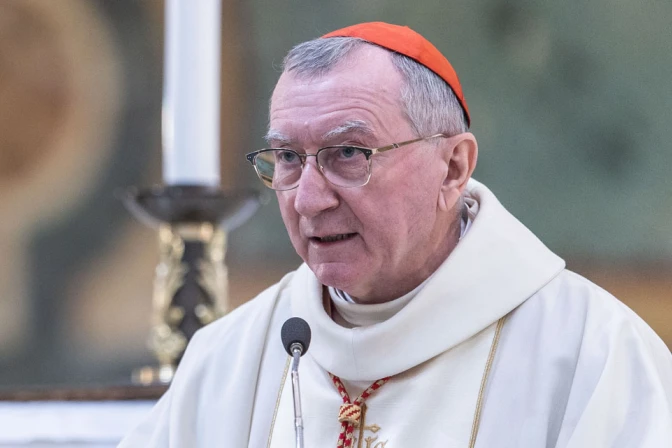
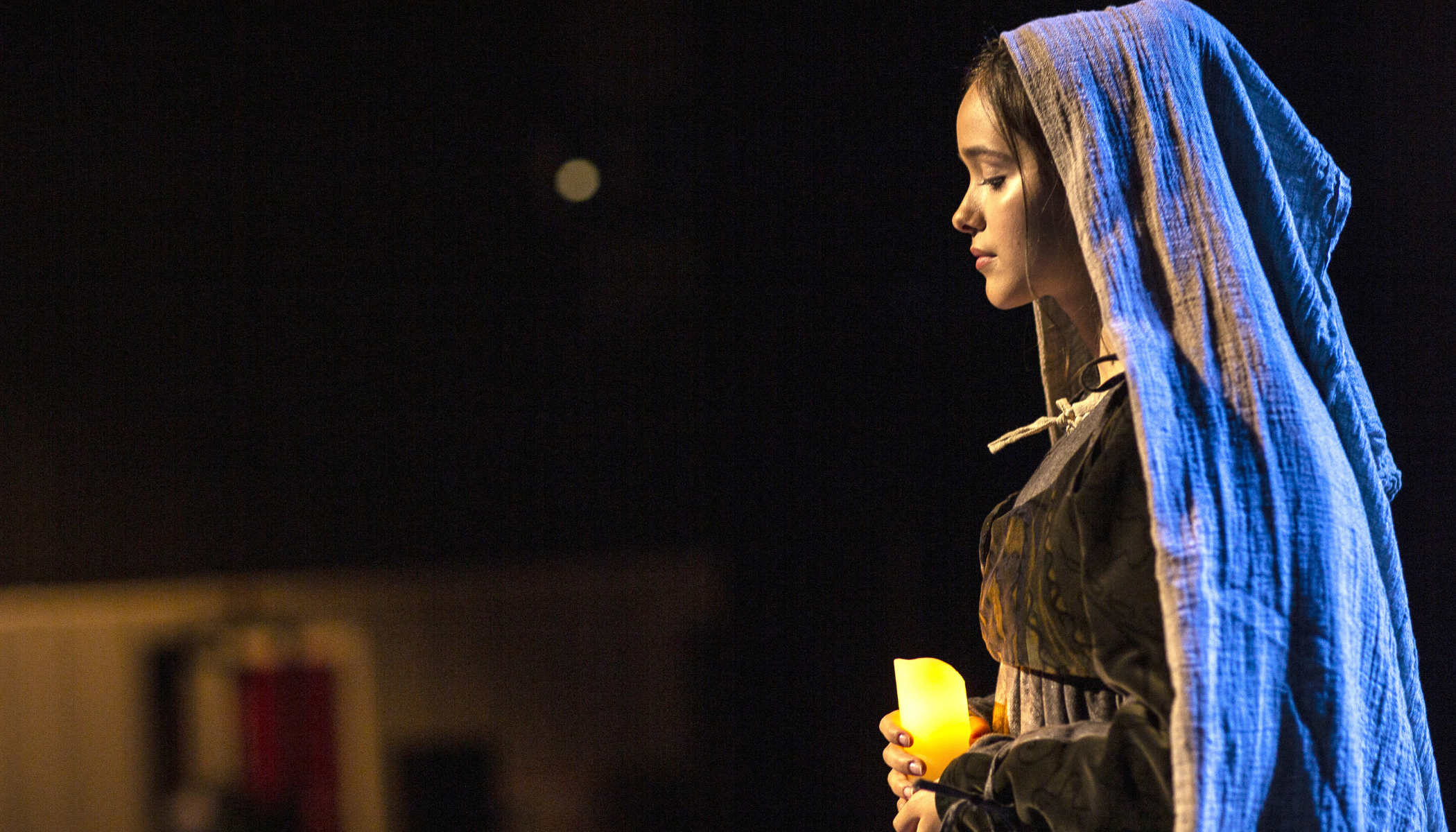
The behind-the-scenes series can be seen on EWTN+, EWTN.com, EWTN’s YouTube Channel, and on EWTN’s broadcast channel.
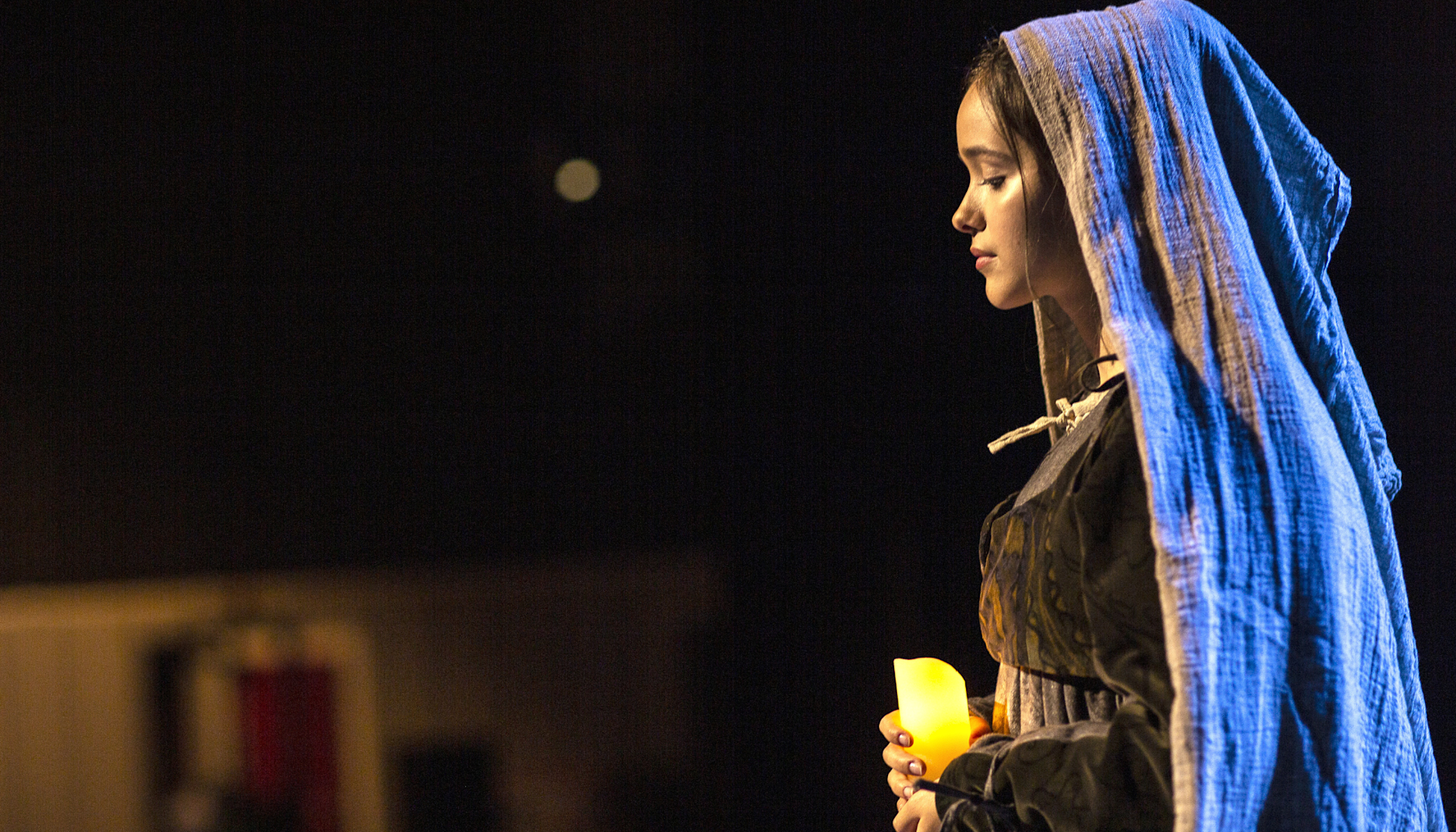

To mark Temperance Sunday and the Lenten season, Armagh Archdiocese Auxiliary Bishop Michael Router welcomed the rewording of Ireland’s traditional Confirmation Pledge.

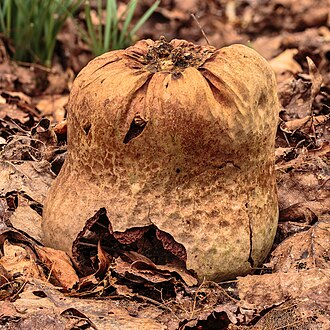
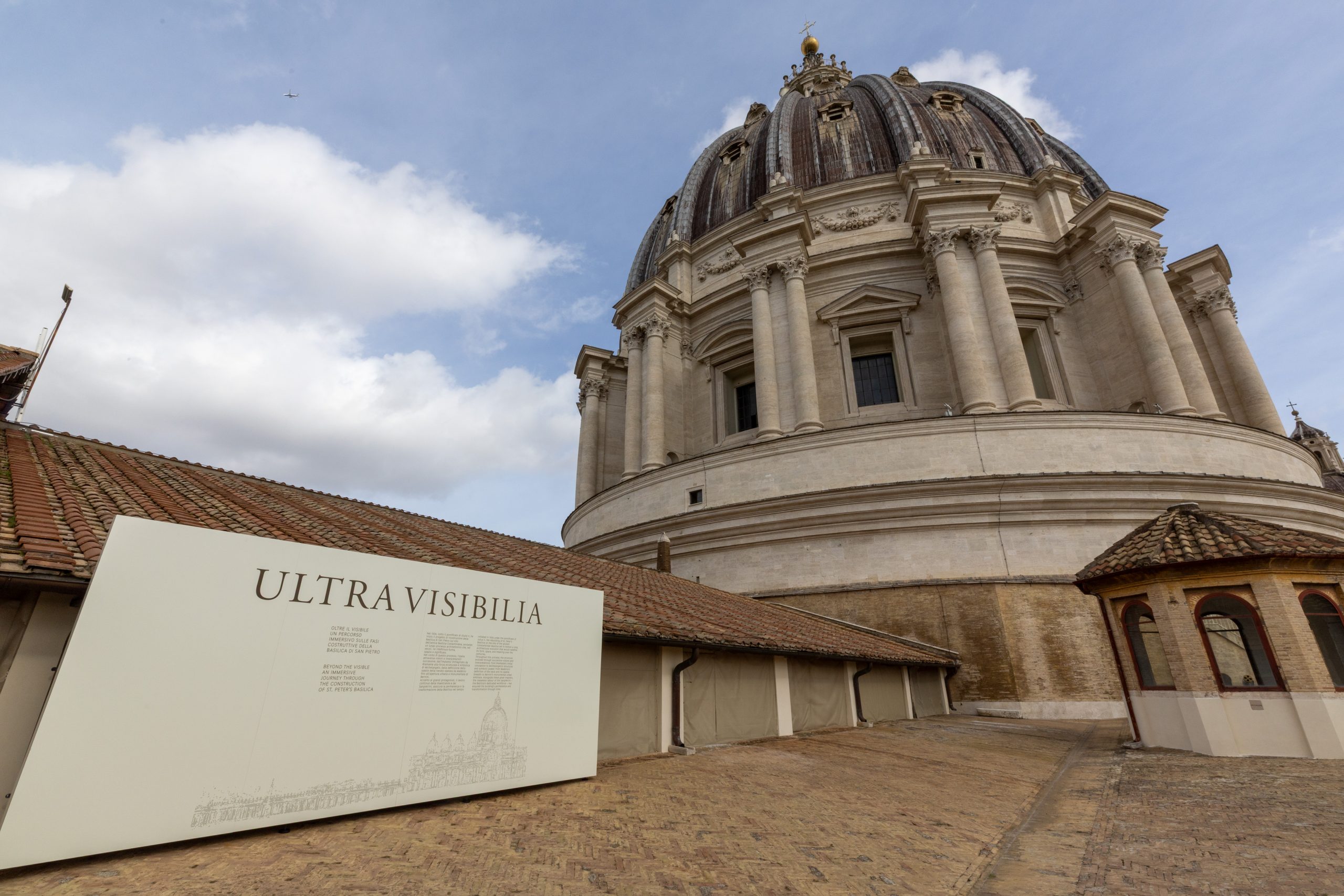
The Vatican will open new parts of St. Peter’s — including the full terrace — and roll out a “SmartPass” digital entry system as it marks the basilica’s 400th anniversary.
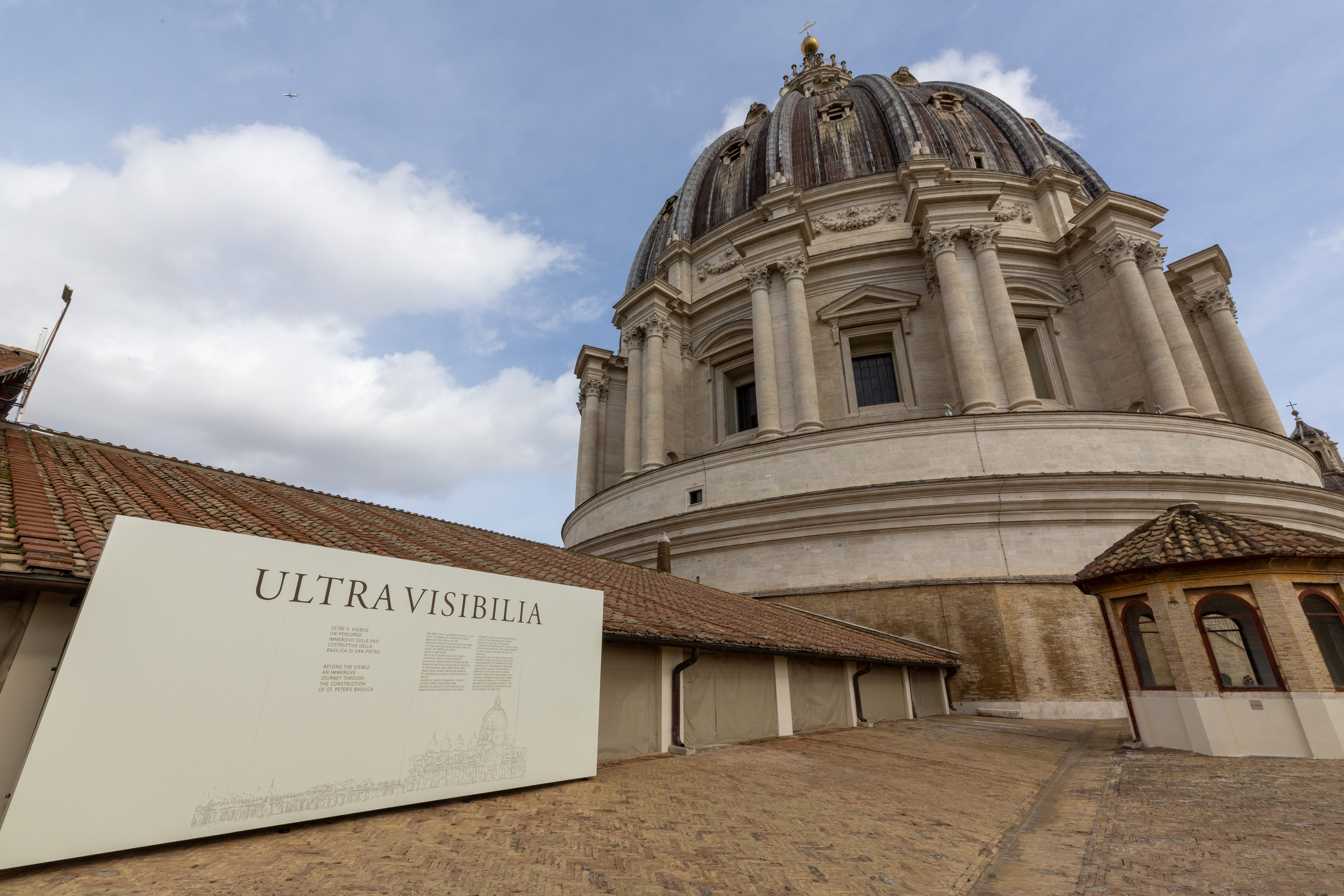
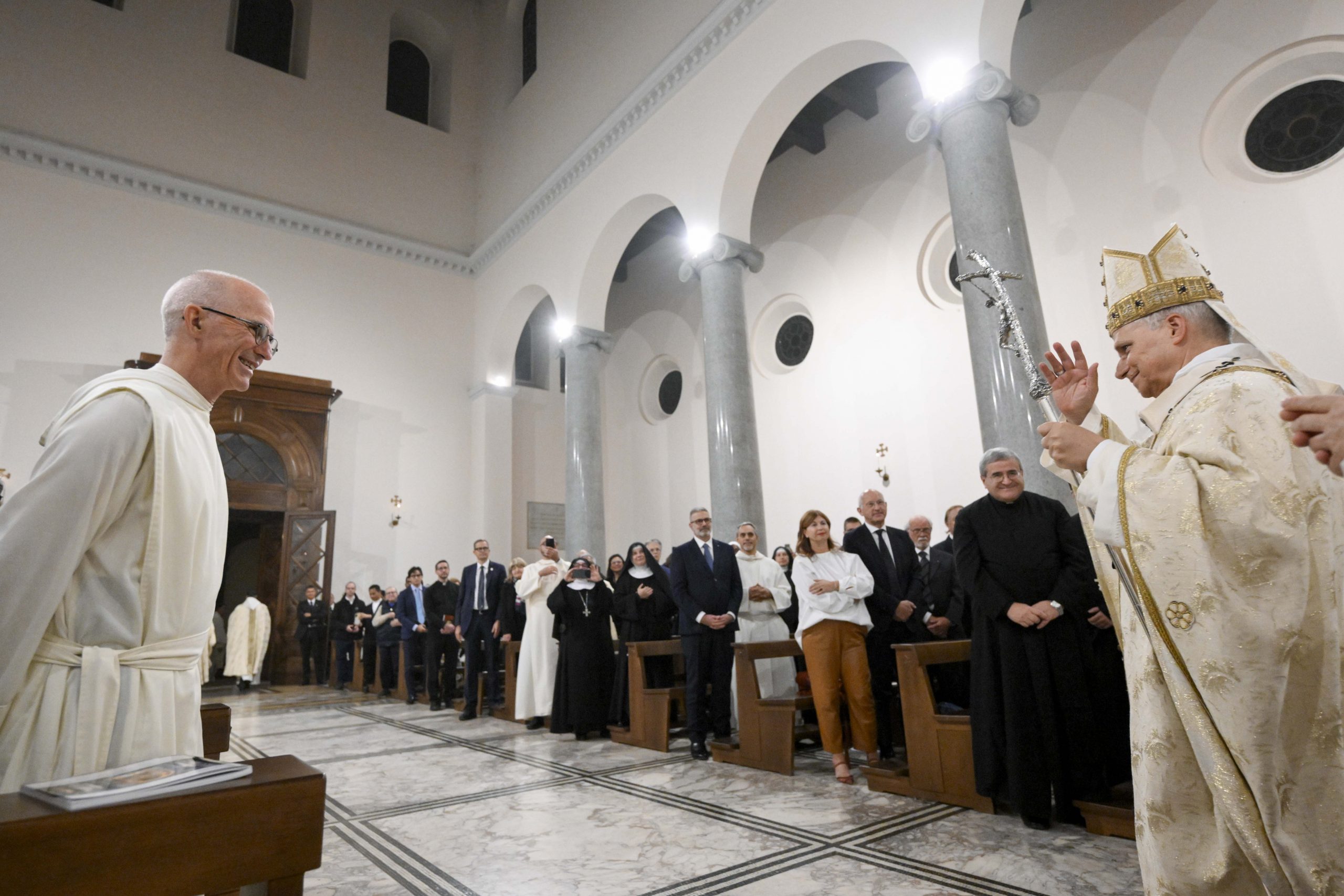
The brief Ash Wednesday walk between two hilltop basilicas marks the start of Lent in Rome.
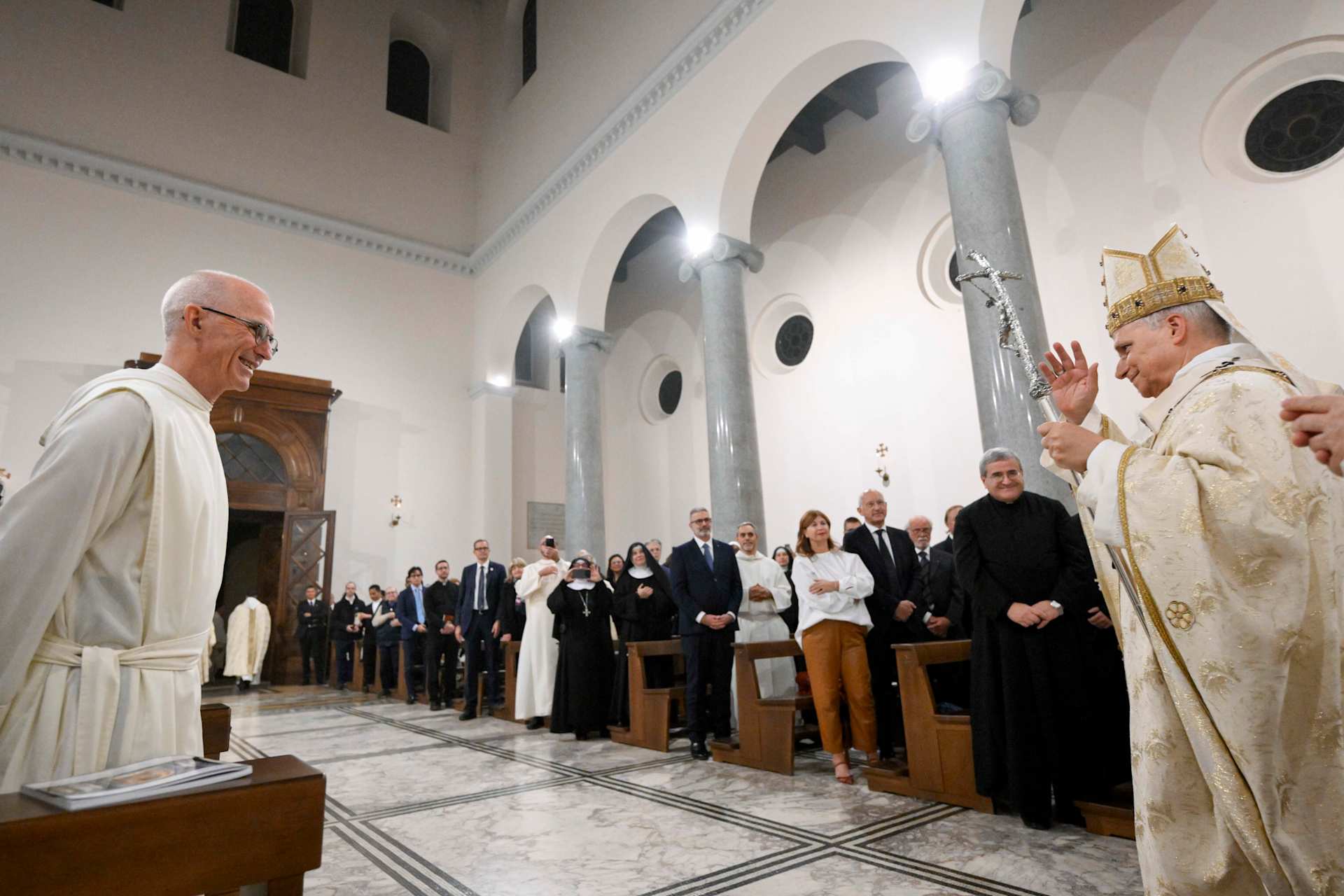
![Did Bad Bunny’s Super Bowl performance represent Latinos and their cultural values? – #Catholic – Bad Bunny’s halftime show at Super Bowl LX drew mixed reactions. For some, it was a Hispanic or Latin American triumph with nothing objectionable, while for others, it was a spectacle with obscene lyrics and dances that did not represent the best of Latin America.In an interview with EWTN News, Father Mario Arroyo, who holds a doctorate in philosophy from the Pontifical University of the Holy Cross in Rome, observed that the event was the setting for a “political message” in which Bad Bunny asserted “that the United States is a multicultural nation” with some 70 million Latinos.According to various sources, the Puerto Rican artist chose his stage name based on a photo of himself when he was a boy in a bunny outfit with an angry look on his face. “That is also a political message that confronts the political agenda of current President Donald Trump,” Arroyo added.The priest considered the show an expression of “the Latino community in the United States that has felt harassed by the measures taken by the U.S. administration,” sparking protests against violent raids by Immigration and Customs Enforcement (ICE). In separate incidents last month, ICE agents killed two people in Minneapolis, Renee Good and Alex Pretti. ICE raids led to the arrest of some 400,000 people in 2025, of whom less than 14% had violent criminal records, according to CBS News.When Bad Bunny received the Grammy Award for Best Urban Music Album on Feb. 2 for “Debí tirar más fotos” (“I should have taken more photos”), he began his acceptance speech by saying “ICE out.”It’s not Latin America’s ‘best act’After clarifying that he is not a fan of Bad Bunny or reggaeton, because it is “a style of music that sexualizes women a lot” and degrades “human behavior,” Arroyo lamented that the artist’s show was not Latin America’s “best act” but rather a “vulgar spectacle wIth nothing uplifting about it.” The priest noted that “there is a moral principle that says the end does not justify the means; it’s a basic principle,” even though Bad Bunny’s intention was “to send a positive message,” highlighting various images of Puerto Rico and Latin America.Super Bowl LX, in which the Seattle Seahawks defeated the New England Patriots at Levi’s Stadium in Santa Clara, California, on Sunday, Feb. 8, was the second most-watched in history, surpassed only by the 2025 game, according to data by the Nielsen audience ratings company.As for the halftime show, according to Nielsen, the average viewership was 128.2 million, more than seven million fewer than last year’s Kendrick Lamar show, which averaged 133.5 million viewers.In addition to Bad Bunny, the show featured Lady Gaga and Ricky Martin, along with other celebrities who appeared during the performance, such as actors Jessica Alba and Pedro Pascal, and singer Karol G.“I think the goal of the NFL is more economic than political: to broaden the spectrum of people who enjoy and are interested in American football,” Arroyo told EWTN News.President of the Puerto Rican Bishops’ Conference weighs inBishop Eusebio Ramos of Caguas, president of the Puerto Rican Bishops’ Conference, also spoke out about the show.“Certainly, one can have something to say about the musical genre, and I clearly state that I am not expressing my support for it but hearing the voice of a young man who prioritizes a language of love fills us with joy,” Ramos told the Italian news agency SIR.“There is no doubt that the words of Benito, of this singer, have touched hearts, have reminded us of Christian values, such as fraternity and the primacy of love,” the prelate added, referring to Bad Bunny, whose real name is Benito Antonio Martínez Ocasio.Ramos said that “it gives us hope to hear the message of someone who, at this moment when the world order has broken down in so many ways, calls for tearing down walls, challenging the collective conscience.”After commenting that Bad Bunny “has his own political vision,” the Puerto Rican bishop emphasized that “he is undoubtedly a voice that reminds us of the value of the dignity of every human being, who must be respected. The current wave of deportations, on the contrary, disregards that dignity.”Regarding the political situation of Puerto Rico, a territory of the United States whose people are American citizens but lack voting representation in the U.S. government, the bishop commented that “for 125 years we have suffered, in practice, colonialism. The United States is the superior interlocutor; we, the Puerto Ricans, are at an inferior level. An unjust relationship, tainted by sin. But Puerto Rico has survived, has kept its identity and culture alive.”Regarding President Donald Trump’s critical reaction to Bad Bunny’s performance, the bishop said: ”I wasn’t surprised; it’s his style.” The U.S. president called the halftime show ”absolutely terrible, one of the worst ever!” and also said on Truth Social that ”nobody understands a word this guy is saying and the dancing is disgusting.”‘Not all success has value,’ Puerto Rican senator saysPuerto Rican independent and pro-life senator Joanne Rodríguez-Veve, a mother of two, also commented on her compatriot’s performance.“I believe Bad Bunny is not a musical phenomenon but a political phenomenon within the culture,” she told ACI Prensa, the Spanish-language sister service of EWTN News. “His message, with its clear woke undertones, made him an icon of the cultural left,” she added.After commenting that “there is no doubt that Bad Bunny is not alone” and that there are many economic interests surrounding him, Rodríguez said that, “ironically, Bad Bunny, the favorite son of capitalism — an economic platform without which he would not have achieved his much-venerated personal success — is the new idol of the political left. It turns out that, when it suits them, capitalist success is good.”After acknowledging that “Bad Bunny’s achievements are undeniable,” such as his Grammy Awards and his Super Bowl halftime performance, the senator clarified that “we would fall short in our capacity for reflection if the value of something or someone were measured solely by success. Success in saying what? Success in promoting what? Success in exhibiting what? No, not all success has value. That’s the point.”“As a Puerto Rican woman, I do not feel represented by anyone who objectifies women and portrays us to the world as animals at a bacchanal,” the senator emphasized.“He can wave the single-starred [Puerto Rican] flag” and “sing about what happened to Hawaii in Hawaii (loss of native cultural identity and heritage), and it won’t be enough. Because,” she pointed out, “Puerto Rican identity is simplicity and bravery, but it is also the elegance of the jíbaro [traditional peasant], the mother who gives birth to the homeland, the hardworking family, the children who await the Three Kings, and knees bent before God,” she maintained.Junk food isn’t the best for the soulArroyo also drew attention to the stark contrast between Bad Bunny’s Super Bowl performance and the recent opening ceremony of the Milan Cortina 2026 Winter Olympics, where Andrea Bocelli and Laura Pausini sang: “It was a show of great human and cultural quality … and of course, an artistic level infinitely superior to Bad Bunny’s music, which, in my opinion, is garbage.”“That Olympics show was watched by only 21 million people. That is to say, more than six times as many people watched the Super Bowl,” he lamented, adding that it seems people prefer to feed their soul with “junk food.”The priest encouraged teaching children “to be discerning” about what they see and to “critically evaluate what they are communicating to us and try to understand what they want communicated and what the underlying intentions are.”This story was first published by ACI Prensa, the Spanish-language sister service of EWTN News. It has been translated and adapted by EWTN News English. Did Bad Bunny’s Super Bowl performance represent Latinos and their cultural values? – #Catholic – Bad Bunny’s halftime show at Super Bowl LX drew mixed reactions. For some, it was a Hispanic or Latin American triumph with nothing objectionable, while for others, it was a spectacle with obscene lyrics and dances that did not represent the best of Latin America.In an interview with EWTN News, Father Mario Arroyo, who holds a doctorate in philosophy from the Pontifical University of the Holy Cross in Rome, observed that the event was the setting for a “political message” in which Bad Bunny asserted “that the United States is a multicultural nation” with some 70 million Latinos.According to various sources, the Puerto Rican artist chose his stage name based on a photo of himself when he was a boy in a bunny outfit with an angry look on his face. “That is also a political message that confronts the political agenda of current President Donald Trump,” Arroyo added.The priest considered the show an expression of “the Latino community in the United States that has felt harassed by the measures taken by the U.S. administration,” sparking protests against violent raids by Immigration and Customs Enforcement (ICE). In separate incidents last month, ICE agents killed two people in Minneapolis, Renee Good and Alex Pretti. ICE raids led to the arrest of some 400,000 people in 2025, of whom less than 14% had violent criminal records, according to CBS News.When Bad Bunny received the Grammy Award for Best Urban Music Album on Feb. 2 for “Debí tirar más fotos” (“I should have taken more photos”), he began his acceptance speech by saying “ICE out.”It’s not Latin America’s ‘best act’After clarifying that he is not a fan of Bad Bunny or reggaeton, because it is “a style of music that sexualizes women a lot” and degrades “human behavior,” Arroyo lamented that the artist’s show was not Latin America’s “best act” but rather a “vulgar spectacle wIth nothing uplifting about it.” The priest noted that “there is a moral principle that says the end does not justify the means; it’s a basic principle,” even though Bad Bunny’s intention was “to send a positive message,” highlighting various images of Puerto Rico and Latin America.Super Bowl LX, in which the Seattle Seahawks defeated the New England Patriots at Levi’s Stadium in Santa Clara, California, on Sunday, Feb. 8, was the second most-watched in history, surpassed only by the 2025 game, according to data by the Nielsen audience ratings company.As for the halftime show, according to Nielsen, the average viewership was 128.2 million, more than seven million fewer than last year’s Kendrick Lamar show, which averaged 133.5 million viewers.In addition to Bad Bunny, the show featured Lady Gaga and Ricky Martin, along with other celebrities who appeared during the performance, such as actors Jessica Alba and Pedro Pascal, and singer Karol G.“I think the goal of the NFL is more economic than political: to broaden the spectrum of people who enjoy and are interested in American football,” Arroyo told EWTN News.President of the Puerto Rican Bishops’ Conference weighs inBishop Eusebio Ramos of Caguas, president of the Puerto Rican Bishops’ Conference, also spoke out about the show.“Certainly, one can have something to say about the musical genre, and I clearly state that I am not expressing my support for it but hearing the voice of a young man who prioritizes a language of love fills us with joy,” Ramos told the Italian news agency SIR.“There is no doubt that the words of Benito, of this singer, have touched hearts, have reminded us of Christian values, such as fraternity and the primacy of love,” the prelate added, referring to Bad Bunny, whose real name is Benito Antonio Martínez Ocasio.Ramos said that “it gives us hope to hear the message of someone who, at this moment when the world order has broken down in so many ways, calls for tearing down walls, challenging the collective conscience.”After commenting that Bad Bunny “has his own political vision,” the Puerto Rican bishop emphasized that “he is undoubtedly a voice that reminds us of the value of the dignity of every human being, who must be respected. The current wave of deportations, on the contrary, disregards that dignity.”Regarding the political situation of Puerto Rico, a territory of the United States whose people are American citizens but lack voting representation in the U.S. government, the bishop commented that “for 125 years we have suffered, in practice, colonialism. The United States is the superior interlocutor; we, the Puerto Ricans, are at an inferior level. An unjust relationship, tainted by sin. But Puerto Rico has survived, has kept its identity and culture alive.”Regarding President Donald Trump’s critical reaction to Bad Bunny’s performance, the bishop said: ”I wasn’t surprised; it’s his style.” The U.S. president called the halftime show ”absolutely terrible, one of the worst ever!” and also said on Truth Social that ”nobody understands a word this guy is saying and the dancing is disgusting.”‘Not all success has value,’ Puerto Rican senator saysPuerto Rican independent and pro-life senator Joanne Rodríguez-Veve, a mother of two, also commented on her compatriot’s performance.“I believe Bad Bunny is not a musical phenomenon but a political phenomenon within the culture,” she told ACI Prensa, the Spanish-language sister service of EWTN News. “His message, with its clear woke undertones, made him an icon of the cultural left,” she added.After commenting that “there is no doubt that Bad Bunny is not alone” and that there are many economic interests surrounding him, Rodríguez said that, “ironically, Bad Bunny, the favorite son of capitalism — an economic platform without which he would not have achieved his much-venerated personal success — is the new idol of the political left. It turns out that, when it suits them, capitalist success is good.”After acknowledging that “Bad Bunny’s achievements are undeniable,” such as his Grammy Awards and his Super Bowl halftime performance, the senator clarified that “we would fall short in our capacity for reflection if the value of something or someone were measured solely by success. Success in saying what? Success in promoting what? Success in exhibiting what? No, not all success has value. That’s the point.”“As a Puerto Rican woman, I do not feel represented by anyone who objectifies women and portrays us to the world as animals at a bacchanal,” the senator emphasized.“He can wave the single-starred [Puerto Rican] flag” and “sing about what happened to Hawaii in Hawaii (loss of native cultural identity and heritage), and it won’t be enough. Because,” she pointed out, “Puerto Rican identity is simplicity and bravery, but it is also the elegance of the jíbaro [traditional peasant], the mother who gives birth to the homeland, the hardworking family, the children who await the Three Kings, and knees bent before God,” she maintained.Junk food isn’t the best for the soulArroyo also drew attention to the stark contrast between Bad Bunny’s Super Bowl performance and the recent opening ceremony of the Milan Cortina 2026 Winter Olympics, where Andrea Bocelli and Laura Pausini sang: “It was a show of great human and cultural quality … and of course, an artistic level infinitely superior to Bad Bunny’s music, which, in my opinion, is garbage.”“That Olympics show was watched by only 21 million people. That is to say, more than six times as many people watched the Super Bowl,” he lamented, adding that it seems people prefer to feed their soul with “junk food.”The priest encouraged teaching children “to be discerning” about what they see and to “critically evaluate what they are communicating to us and try to understand what they want communicated and what the underlying intentions are.”This story was first published by ACI Prensa, the Spanish-language sister service of EWTN News. It has been translated and adapted by EWTN News English.](https://unitedyam.com/wp-content/uploads/2026/02/did-bad-bunnys-super-bowl-performance-represent-latinos-and-their-cultural-values-catholic-bad-bunnys-halftime-show-at-super-bowl-lx-drew-mixed-reactions-for-some-it-was-a-hi.webp)
Bad Bunny’s halftime show at Super Bowl LX drew mixed reactions. For some, it was a Latino triumph while for others it contained obscene lyrics that did not represent the best of Latin America.

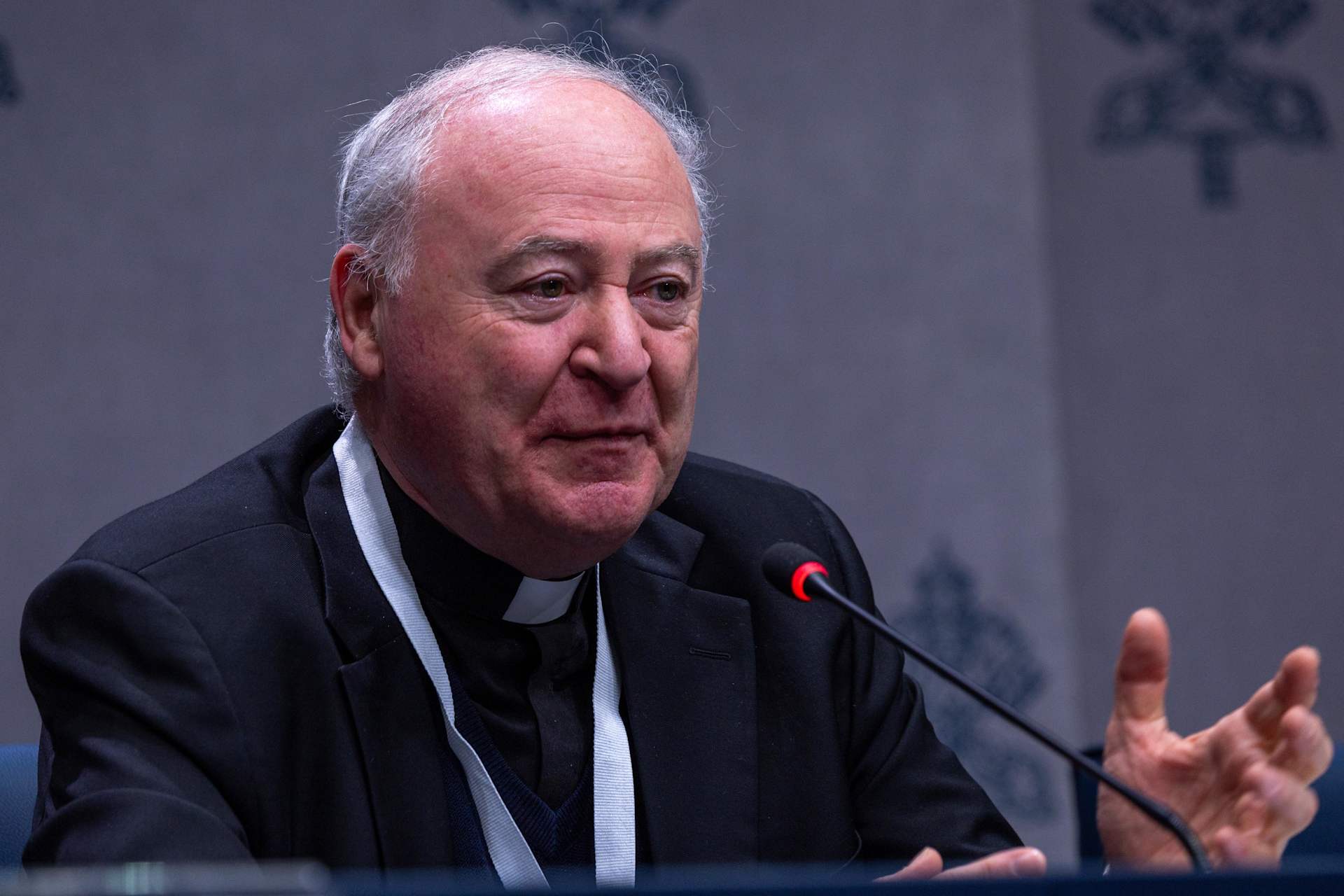
The Church should engage with universities about how to take “an ethical approach” to the dignity of unborn life, the president of the Pontifical Academy for Life said.
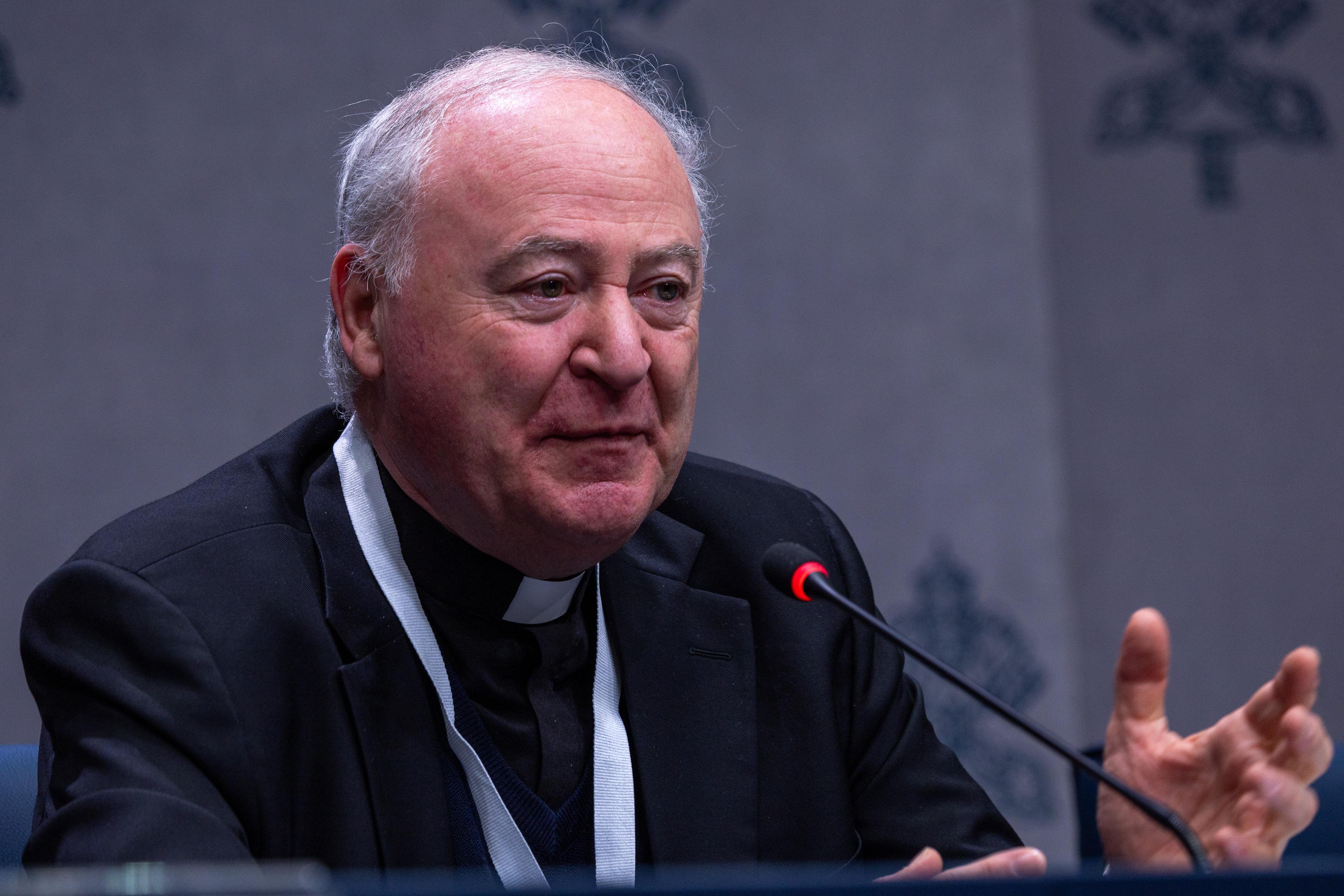
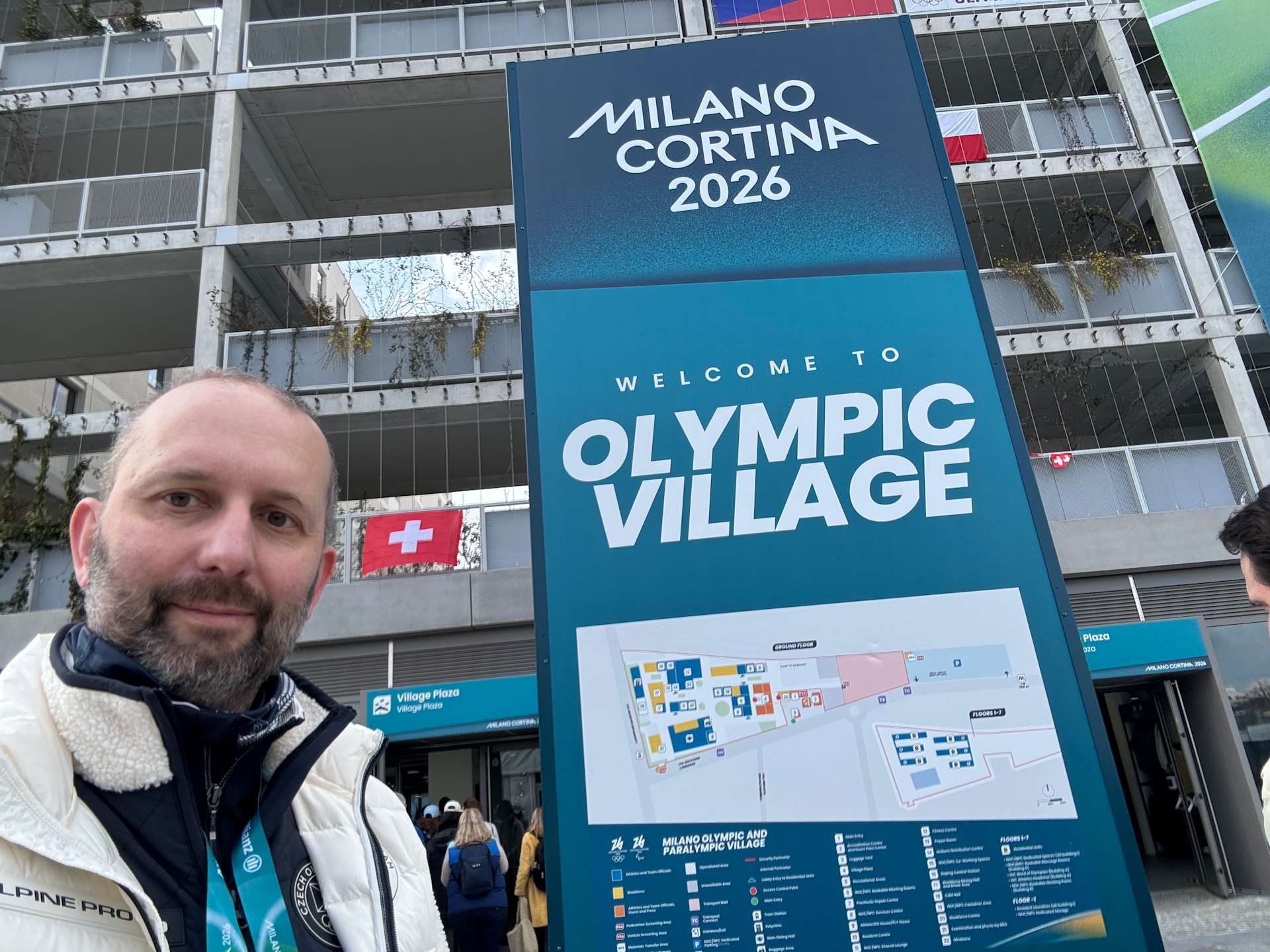
“My service is much more individual and open to everyone, even nonbelievers,” Father Oldřich Chocholáč, chaplain of the Czech Olympic team, told EWTN News.
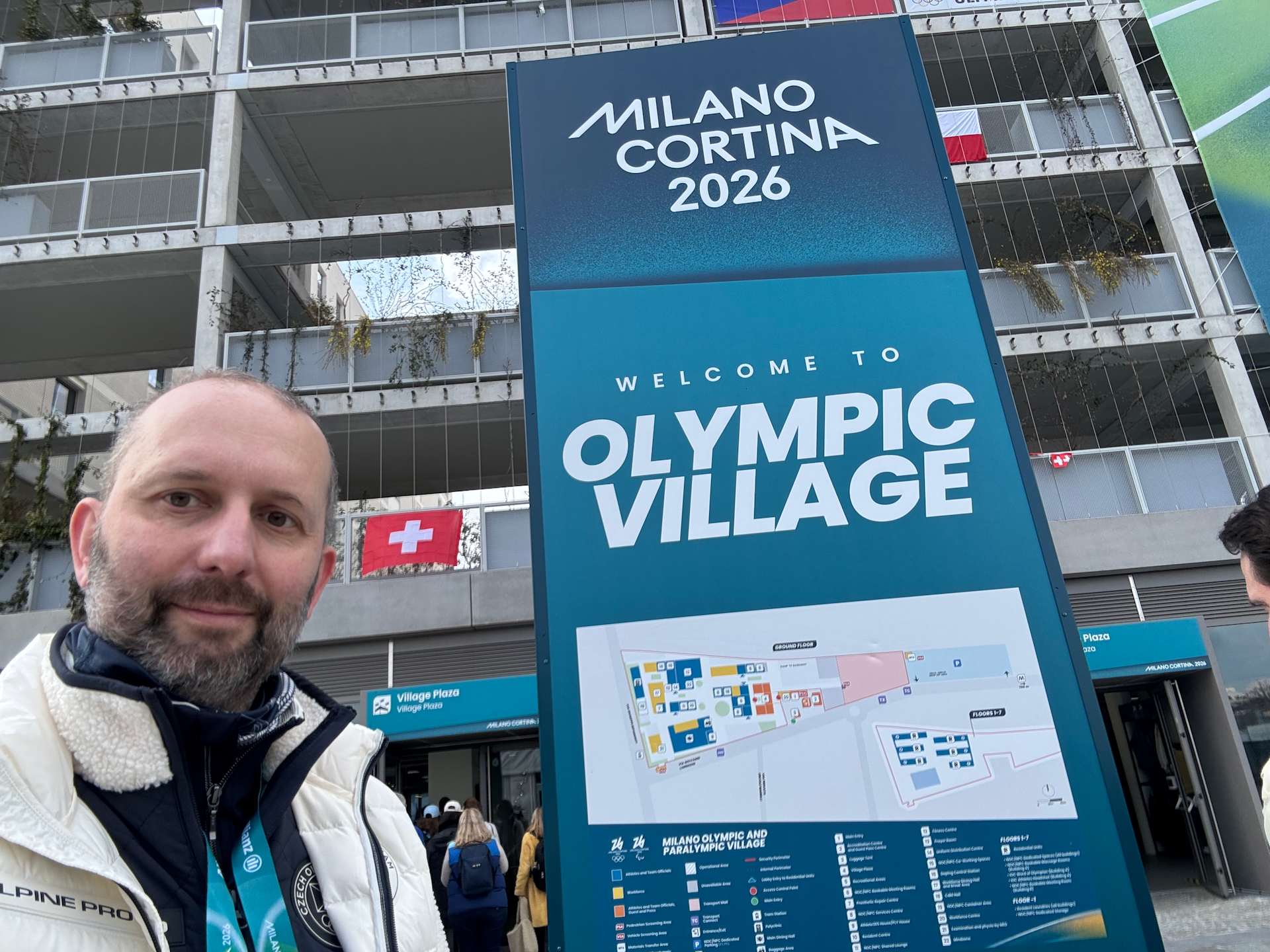
![What impact has the Cristero War had on religious freedom in Mexico today? - #Catholic - The story of the Cristero War in Mexico reached theaters a little over a decade ago with “For Greater Glory,” a film titled “Cristiada” in Spanish. Alongside the film, an official book was published to delve deeper into the history of the war, a spontaneous uprising by Catholics in response to religious persecution in the first part of the 20th century.Available in Spanish and English, the book is authored by Rubén Quezada, a Catholic of Mexican origin living in California, and features a foreword by the archbishop of Los Angeles, José Gomez. Actor and producer Eduardo Verástegui wrote the introduction, and the book also contains an essay by Carl Anderson, who at the time of publication was the supreme knight of the Knights of Columbus.Although “For Greater Glory” tells the story of a historical event that marks its centenary this year, the anti-Catholic sentiment it portrays “still persists, in a certain way,” in present-day Mexico, Quezada shared in a telephone interview with ACI Prensa, the Spanish-language sister service of EWTN News.Quezada, 59, now a renowned international speaker, recalled that during his childhood in Mexico, the Cristero War was not included in the history curriculum in elementary school.
Rubén Quezada, author of the official book that accompanied the release of the film “For Greater Glory.” | Credit: Photo courtesy of Rubén Quezada
The author explained that this widespread ignorance was a consequence of a state policy that lasted for decades. Following the 1929 “arrangements” between the Church and the federal government, which formally ended the Cristero War, he recounted, there was “a government order that nothing could be published, nothing could be disseminated,” effectively making the Cristero War a taboo subject, while many Catholics avoided speaking about it for fear of being arrested.Thus many generations were unable to access information about the religious persecution of the early 20th century, he explained.It was not until later in life, when he immersed himself in the writing of the Franco-Mexican historian Jean Meyer — compiled in his three-volume work “La Cristiada” — that Quezada “began to study the Cristero War in greater depth.”The situation of enforced silence lasted until 1992, when relations between the Catholic Church and the Mexican state were officially restored. “We’re talking about [a diplomatic break that lasted] 60 years,” he emphasized.That same spirit of silence surrounding the history of the Cristero War was even present during the production of the film starring Andy García, he pointed out. Quezada noted that during the making of “For Greater Glory,” “many governors or mayors wouldn’t allow the movie to be filmed” in their locale and that once it was in theaters, it faced subtle boycotts: “We received reports from all over that they didn’t want to show the film in certain theaters.”“They would close the theater,” he added, and claim that tickets had sold out “when there weren’t many people” inside.Currently, he indicated, although “it cannot be said to be at that same level,” the sustained persecution of the Church in Mexico has put down “roots that remain within government platforms.”At the same time, he lamented, there is a “profound silence” in contemporary Mexican society regarding the Cristero War. In his travels throughout Mexico to participate in various events and conferences, the author said he has encountered many people who “prefer not to talk about that subject, or are unaware of it, or simply don’t care.”Given this situation, Quezada argued that the Catholic response must be active and informed participation in public life. “We have a responsibility to vote with a Catholic conscience,” he emphasized, noting that leaders should not be elected “simply based on personal preference or family tradition.”For the author, religious freedom hinges on the ability of the laity to place in positions of authority those who respect faith and human dignity. “We must carefully examine each candidate ... knowing that we are choosing what is best for humanity, for society, for the world,” he added, emphasizing that, ultimately, “we are the ones who put those elected officials in that position.”Finally, Quezada posed a challenge that draws the connection between the sacrifice of the Cristeros with contemporary Christian adherence to the faith. After years of studying figures like Blessed Miguel Agustín Pro — whose impact changed Quezada’s life when he was just a young man in California — the author posed a key question 100 years after the Cristero War: “Would we be willing today to rise up with that faith, with that heart that burned for the passion of Christ? Would we be willing today to act in such a way if we were ever confronted with something?”This story was first published by ACI Prensa, the Spanish-language sister service of EWTN News. It has been translated and adapted by EWTN News English.](https://unitedyam.com/wp-content/uploads/2026/02/what-impact-has-the-cristero-war-had-on-religious-freedom-in-mexico-today-catholic-the-story-of-the-cristero-war-in-mexico-reached-theaters-a-little-over-a-decade-ago-with-for-greater-g.webp)
Rubén Quezada, author of the book “For Greater Glory,” released along with the film of the same name in 2012, assesses the impact of the Cristero War on religious freedom in Mexico today.
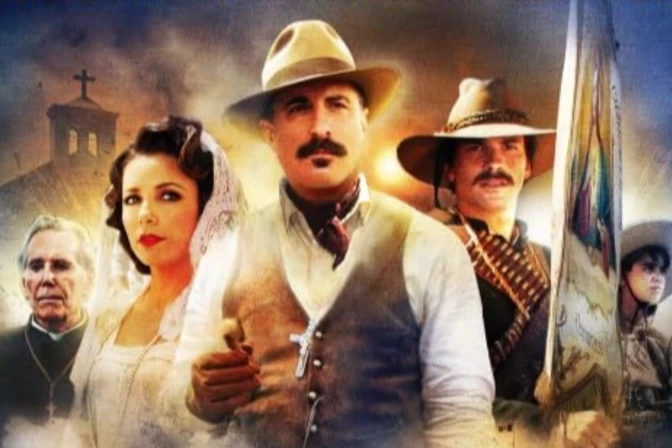
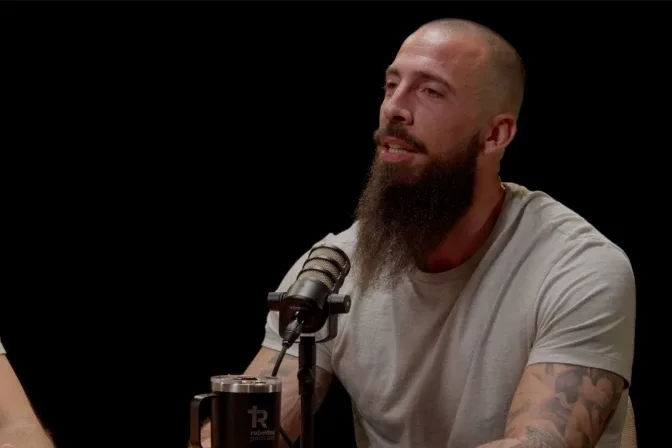
Former bodybuilder Bruno Toral shared his personal conversion story from being totally hostile to the faith to becoming a dedicated disciple of Christ.
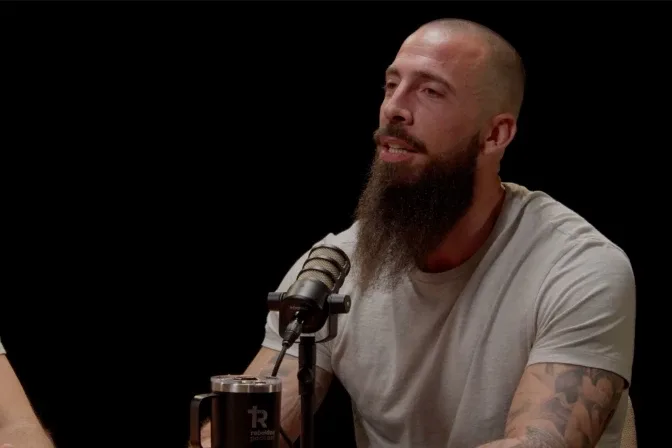

A leading voice from the Cardinal Newman Society shares how the new accreditation program will accelerate Catholic education reform and help support Catholic families to pass on the faith.

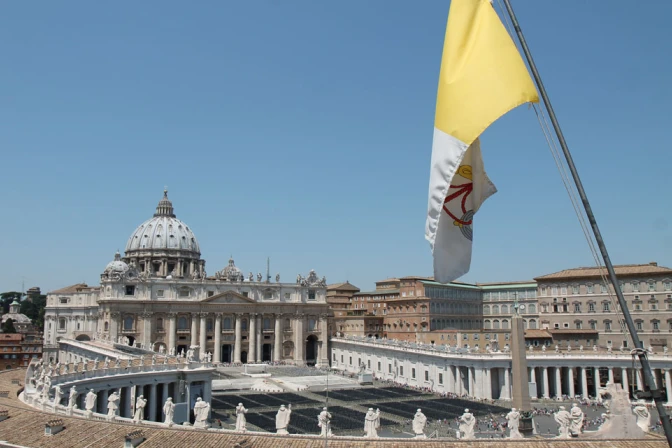
Father Fermín González Melado, who was recently named a “chaplain of His Holiness” by Pope Leo XIV, explains the qualifications and purpose of bestowing this honorary title.
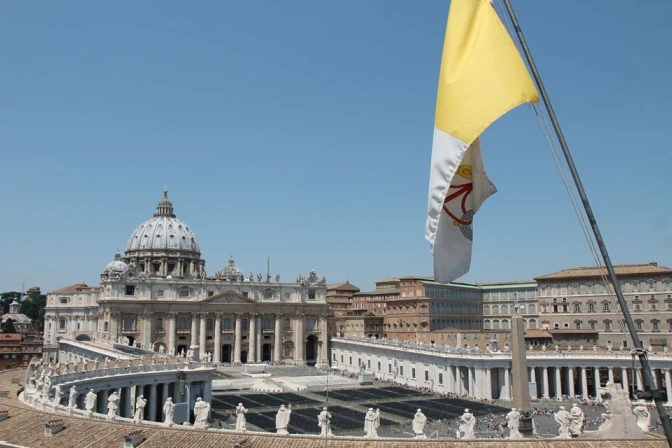
![Pope Leo to mark start of Lent with historic procession on ancient Roman hill – #Catholic – Pope Leo XIV will preside over the traditional Ash Wednesday procession and Mass on Rome’s Aventine Hill, an important place of Christian veneration and pilgrimage for more than 1,500 years.For the Dominican and Benedictine religious orders, whose communities have had a significant historical presence on the Aventine, the Holy Father’s Feb. 18 visit will be a special occasion to begin the Church’s liturgical season dedicated to prayer and fasting before Easter.On the first day of the 40-day Lenten “Stations Churches” pilgrimage — formally instituted in the sixth century by Pope Gregory the Great and restored by Pope John XXIII in 1959 — the pope leads a penitential procession from the Benedictine church of Sant’Anselmo to the nearby Dominican Basilica of Santa Sabina.“To walk with Pope Leo on this pilgrimage from the nearby Sant’Anselmo church will be a sign, a symbol, for all of us of the spiritual work that’s taking place in our hearts in Lent,” Santa Sabina resident Father Patrick Briscoe, OP, told EWTN News. “We’ll all be on pilgrimage together.”This year, Pope Leo will preside over a short afternoon prayer service at the Benedictine monastery and then celebrate the Ash Wednesday Mass at Santa Sabina, a fourth-century basilica that was gifted to St. Dominic and the Order of Preachers in 1219 by Pope Honorius III.“The pope himself imposes ashes on [the cardinals] during the Mass,” Briscoe added. “The cardinals stand in for the whole Church and they’re a sign of all of us joining and following the pope’s lead.”As part of the Lenten tradition, the pope leads the procession through the main doors of Santa Sabina, which contains the oldest known artistic portrayal of Jesus Christ crucified.“On the door we have a very important Christian symbol… It allows us to think of the meaning of Lent and to embrace the suffering of Christ,” Briscoe said.“When we consider it from the historical perspective and the evolution of Christian understanding, we really didn’t know how to handle the cross,” he explained. “It took us a hundred years to depict it.”“This says something to each of us entering into Lent — to discover anew what our sufferings mean and how to have them transformed by Christ’s own sacrifice,” he said.Father Eusebius Martis, OSB, a sacramental theology professor who teaches at the Pontifical Athenaeum of Sant’Anselmo, told EWTN News the Aventine is an ideal place for prayer and pilgrimage.“It’s really an ideal spot because it’s quiet and it’s a little bit separated but not too far [from the city center],” he said.According to Martis, nature on the Aventine has inspired artists and pilgrims alike throughout the centuries to contemplate the death and resurrection of Jesus Christ.“The acanthus leaf is growing all across our property here at [Sant’Anselmo],” Martis said. “It dies and it lays against the ground … completely dead until the spring [when] it comes back to life.”“In a couple of weeks, it will start putting up flowers, which represent a bloom around Easter time,” he said.Pointing out the reliefs of the acanthus leaf found on the Corinthian columns inside the Basilica of Sant’Anselmo, Martis said several churches across Rome purposefully depict the leaf to symbolize the Church’s belief in Jesus’ victory over sin and death.“The architects wanted us to remember that, every time we’re at the altar, we are at Easter,” the Benedictine father said. Pope Leo to mark start of Lent with historic procession on ancient Roman hill – #Catholic – Pope Leo XIV will preside over the traditional Ash Wednesday procession and Mass on Rome’s Aventine Hill, an important place of Christian veneration and pilgrimage for more than 1,500 years.For the Dominican and Benedictine religious orders, whose communities have had a significant historical presence on the Aventine, the Holy Father’s Feb. 18 visit will be a special occasion to begin the Church’s liturgical season dedicated to prayer and fasting before Easter.On the first day of the 40-day Lenten “Stations Churches” pilgrimage — formally instituted in the sixth century by Pope Gregory the Great and restored by Pope John XXIII in 1959 — the pope leads a penitential procession from the Benedictine church of Sant’Anselmo to the nearby Dominican Basilica of Santa Sabina.“To walk with Pope Leo on this pilgrimage from the nearby Sant’Anselmo church will be a sign, a symbol, for all of us of the spiritual work that’s taking place in our hearts in Lent,” Santa Sabina resident Father Patrick Briscoe, OP, told EWTN News. “We’ll all be on pilgrimage together.”This year, Pope Leo will preside over a short afternoon prayer service at the Benedictine monastery and then celebrate the Ash Wednesday Mass at Santa Sabina, a fourth-century basilica that was gifted to St. Dominic and the Order of Preachers in 1219 by Pope Honorius III.“The pope himself imposes ashes on [the cardinals] during the Mass,” Briscoe added. “The cardinals stand in for the whole Church and they’re a sign of all of us joining and following the pope’s lead.”As part of the Lenten tradition, the pope leads the procession through the main doors of Santa Sabina, which contains the oldest known artistic portrayal of Jesus Christ crucified.“On the door we have a very important Christian symbol… It allows us to think of the meaning of Lent and to embrace the suffering of Christ,” Briscoe said.“When we consider it from the historical perspective and the evolution of Christian understanding, we really didn’t know how to handle the cross,” he explained. “It took us a hundred years to depict it.”“This says something to each of us entering into Lent — to discover anew what our sufferings mean and how to have them transformed by Christ’s own sacrifice,” he said.Father Eusebius Martis, OSB, a sacramental theology professor who teaches at the Pontifical Athenaeum of Sant’Anselmo, told EWTN News the Aventine is an ideal place for prayer and pilgrimage.“It’s really an ideal spot because it’s quiet and it’s a little bit separated but not too far [from the city center],” he said.According to Martis, nature on the Aventine has inspired artists and pilgrims alike throughout the centuries to contemplate the death and resurrection of Jesus Christ.“The acanthus leaf is growing all across our property here at [Sant’Anselmo],” Martis said. “It dies and it lays against the ground … completely dead until the spring [when] it comes back to life.”“In a couple of weeks, it will start putting up flowers, which represent a bloom around Easter time,” he said.Pointing out the reliefs of the acanthus leaf found on the Corinthian columns inside the Basilica of Sant’Anselmo, Martis said several churches across Rome purposefully depict the leaf to symbolize the Church’s belief in Jesus’ victory over sin and death.“The architects wanted us to remember that, every time we’re at the altar, we are at Easter,” the Benedictine father said.](https://unitedyam.com/wp-content/uploads/2026/02/pope-leo-to-mark-start-of-lent-with-historic-procession-on-ancient-roman-hill-catholic-pope-leo-xiv-will-preside-over-the-traditional-ash-wednesday-procession-and-mass-on-romes-aventine-scaled.jpg)
Pope Leo XIV will preside over the traditional Ash Wednesday procession and Mass on Feb. 18 on Rome’s Aventine Hill, an important place of Christian pilgrimage for more than 1,500 years.
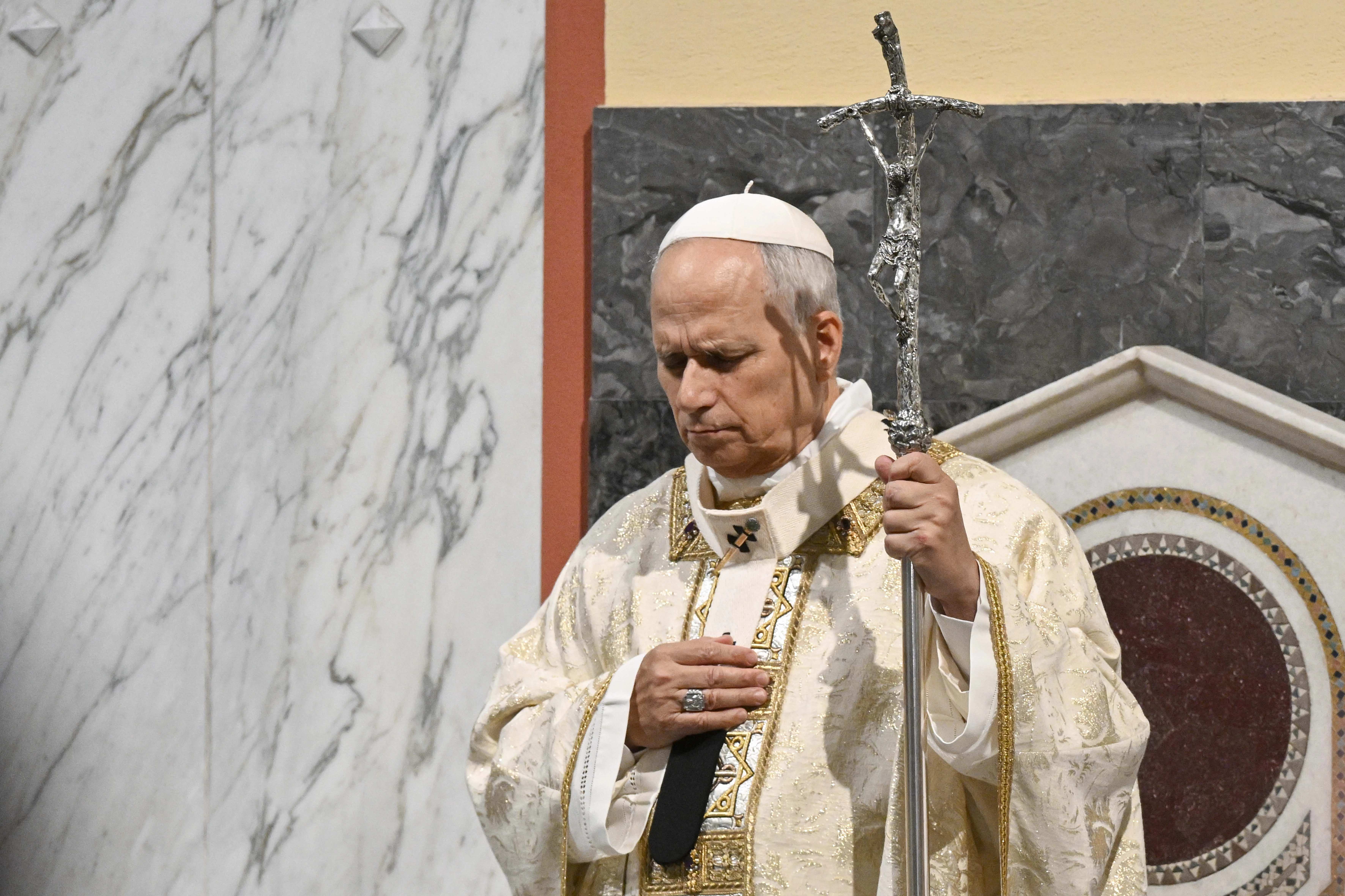
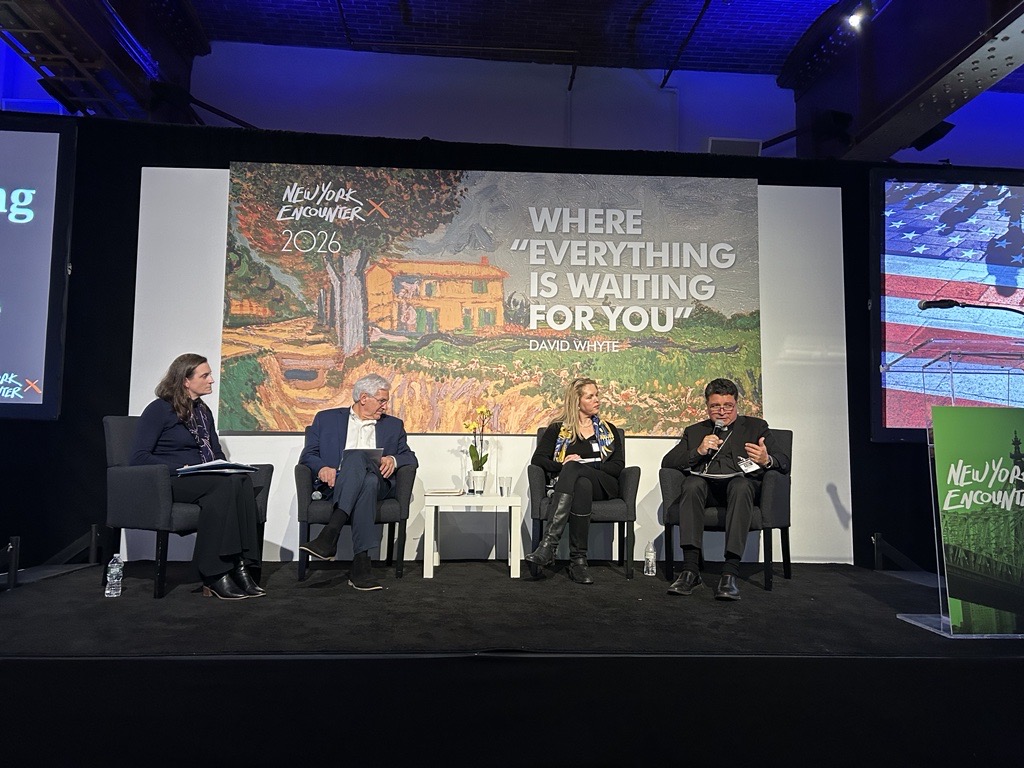
Washington, D.C., Auxiliary Bishop Evelio Menjivar-Ayala talks immigration and dialogue with high-ranking Catholics in the Trump administration.
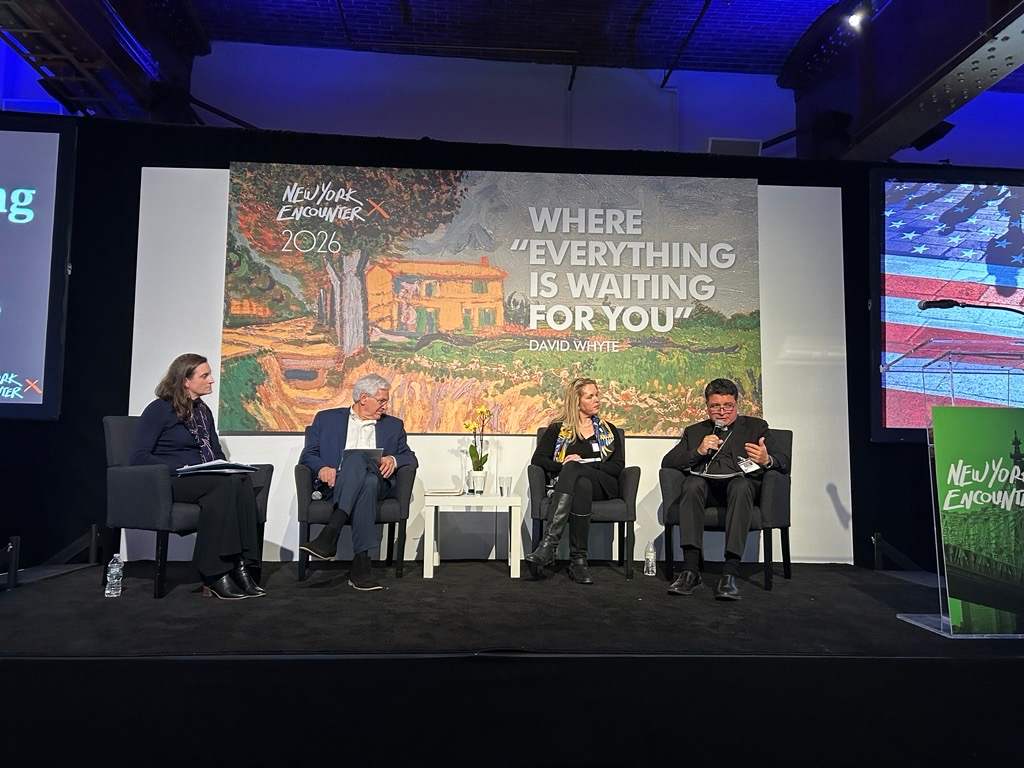
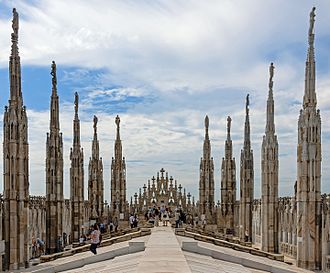
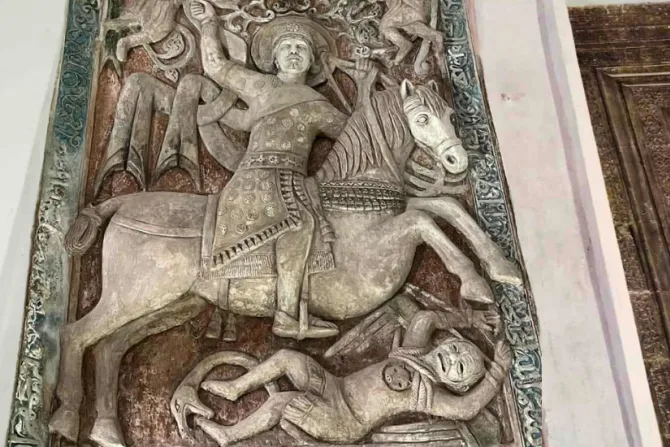
Restoration work is progressing rapidly on two 13th-century historic mural reliefs at the ancient Mar Behnam and Sarah Monastery.
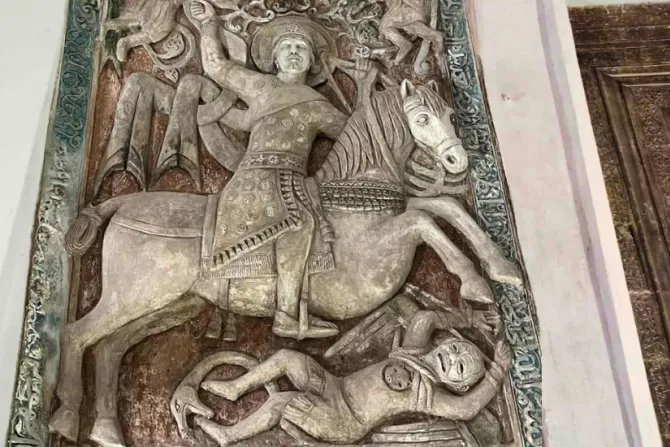
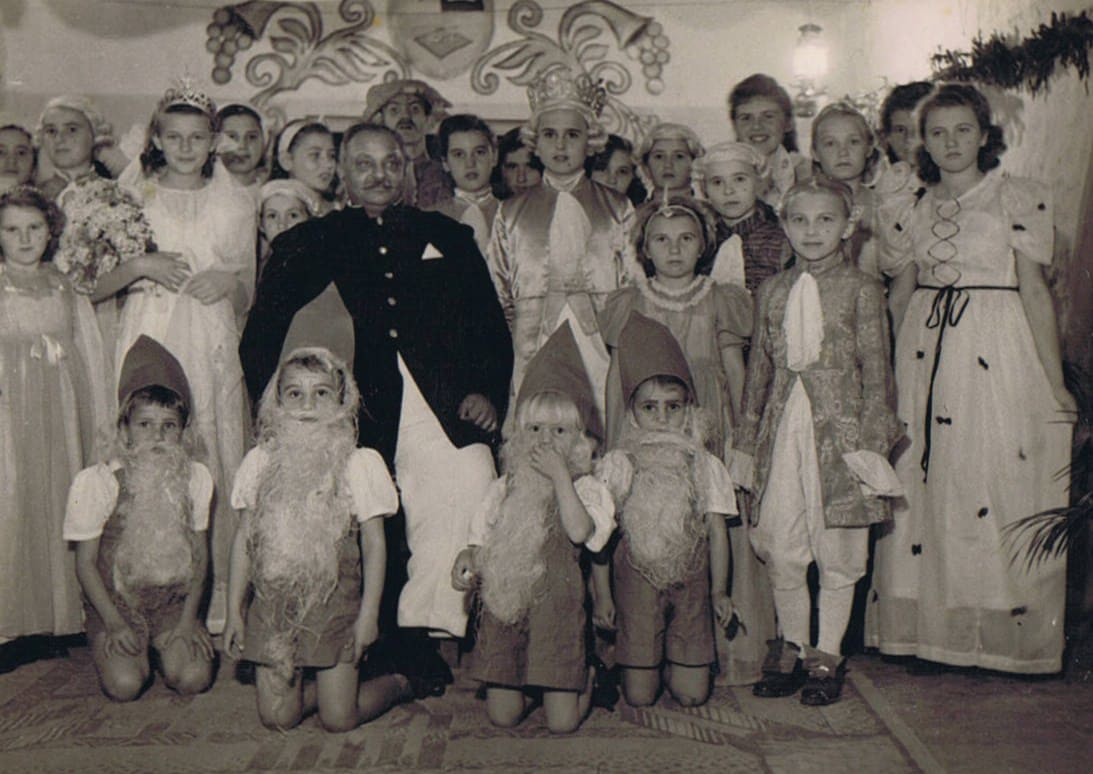
During World War II, the unexpected intervention of the Maharaja of Nawanagar, known as “the Good Maharaja,” provided hundreds of Polish children a home at his personal estate in India.
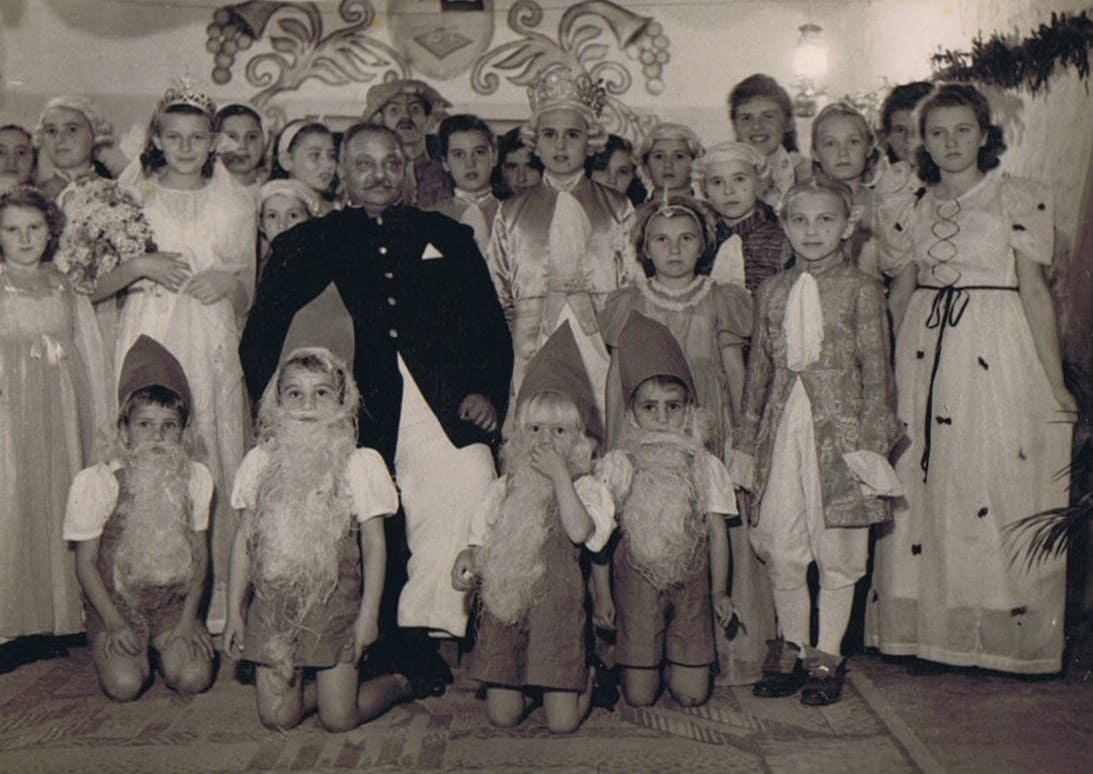
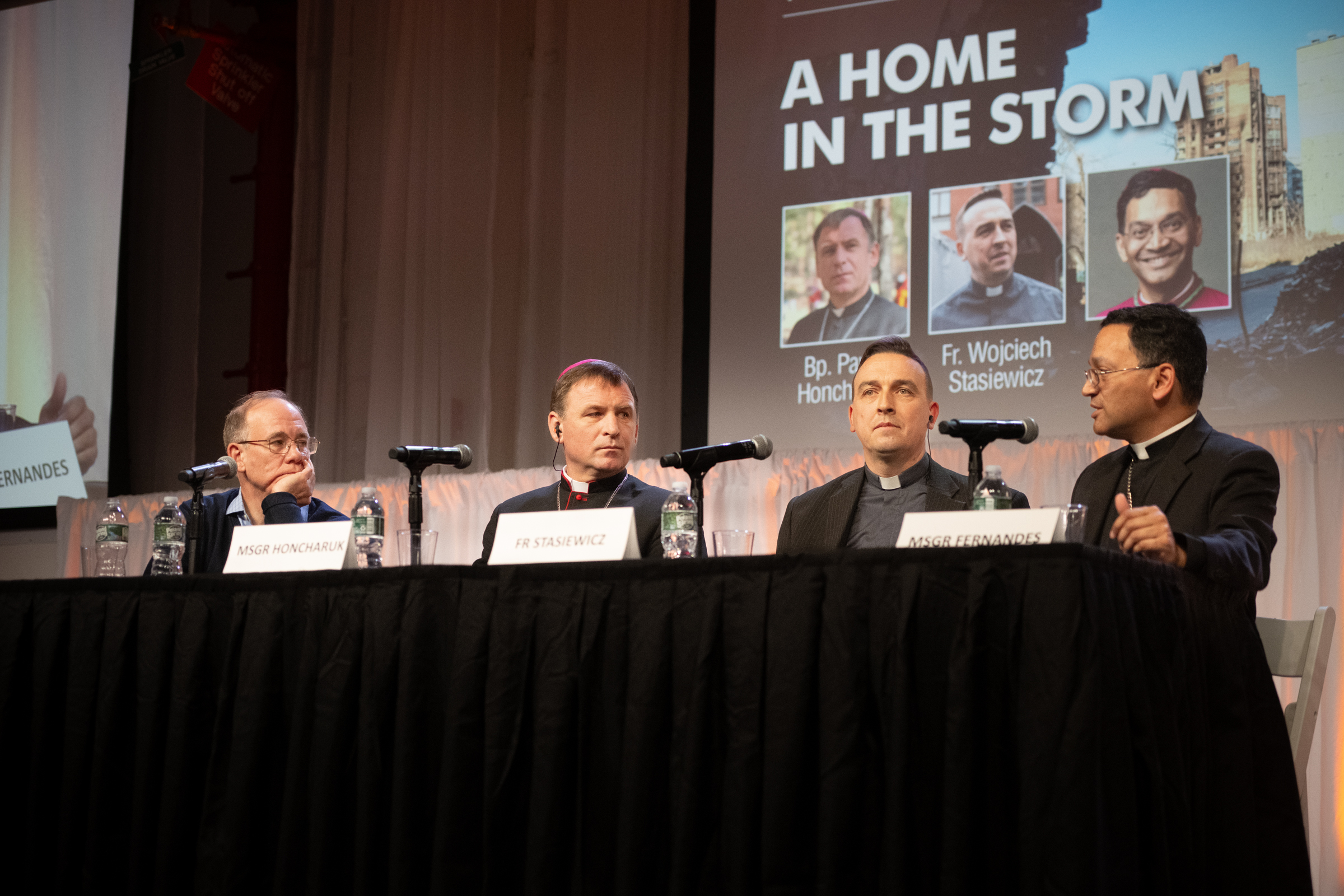
“We can say that, thanks to God, thanks to our Faith, we have a strong foundation,” said Bishop Pavlo Honcharuk.

![New film brings to life the Book of Revelation - #Catholic - A new movie titled “The Apocalypse of St. John” brings to life the Book of Revelation. Not only does the film tackle the challenging messages found in Revelation, but it also makes them accessible to a wider audience.Written, created, and directed by Simón Delacre, the docudrama will air in theaters across the United States Feb. 15–17 after having tremendous success in South America and Latin America.Delacre told EWTN News that he was inspired to make the film because he was a big fan of apocalyptic Hollywood movies growing up.“But of course, being Catholic, I knew that would be somewhat far from the truth, somewhat far from the actual book of Revelation,” he said.He began to dive deeper into the theology of the Book of Revelation because he was “very intrigued” by the symbolism and complex images and explained that what impacted him the most was “how current the topic of Revelation was for our times.”“We are living in a crisis that is global in all aspects of men — like in the moral aspect, there’s a huge crisis, there’s a big crisis in the spiritual aspect, there’s a crisis in the economic aspect, political aspect, all aspects of life. We’re going through a great crisis that is at the same time global,” Delacre said.He added: “Since we are living — well, this is my opinion — the greatest crisis of all time, I think it is very important to give the world the good prophecy that is the Book of Revelation and give it in a Catholic way.”Delacre explained that he worked with many priests, biblical scholars, and theologians to properly depict Revelation and ensured to use language that would be understood by a general audience.
A still from the docudrama “The Apocalypse of St. John,” which will be in theaters Feb. 15–17, 2026. | Credit: Caravel Films
Amid his research into Revelation and creating the film, Delacre said his own faith was impacted in a way that allowed him to view crises in the world “not with desperation but with hope.”“Every time I see a new crisis, I just see something that moves history forwards to the second coming,” he shared.He recalled being in the middle of studying Revelation when his home country of Argentina legalized abortion in 2020. He spoke with a friend of his who is a priest on that day and despite being disappointed by the news, they “couldn’t feel sad because we saw in that another sign that proves that we are closer to the second coming and that Christ is coming soon.”The filmmaker said he hopes audiences will have a similar experience after watching the film in that it will “bring comfort and solace to people who watch the movie in the midst of this crisis we are living [through].”“Also, to teach them that the book of Revelation is not a book of terror, but a book of hope … Just rip off that fear to the book and encourage them to study more of Revelation.”](https://unitedyam.com/wp-content/uploads/2026/02/new-film-brings-to-life-the-book-of-revelation-catholic-a-new-movie-titled-the-apocalypse-of-st-john-brings-to-life-the-book-of-revelation-not-only-does-the-film-tackle-the-ch.jpg)
Written, created, and directed by Simón Delacre, “The Apocalypse of St. John” will air in theaters across the United States Feb. 15–17.
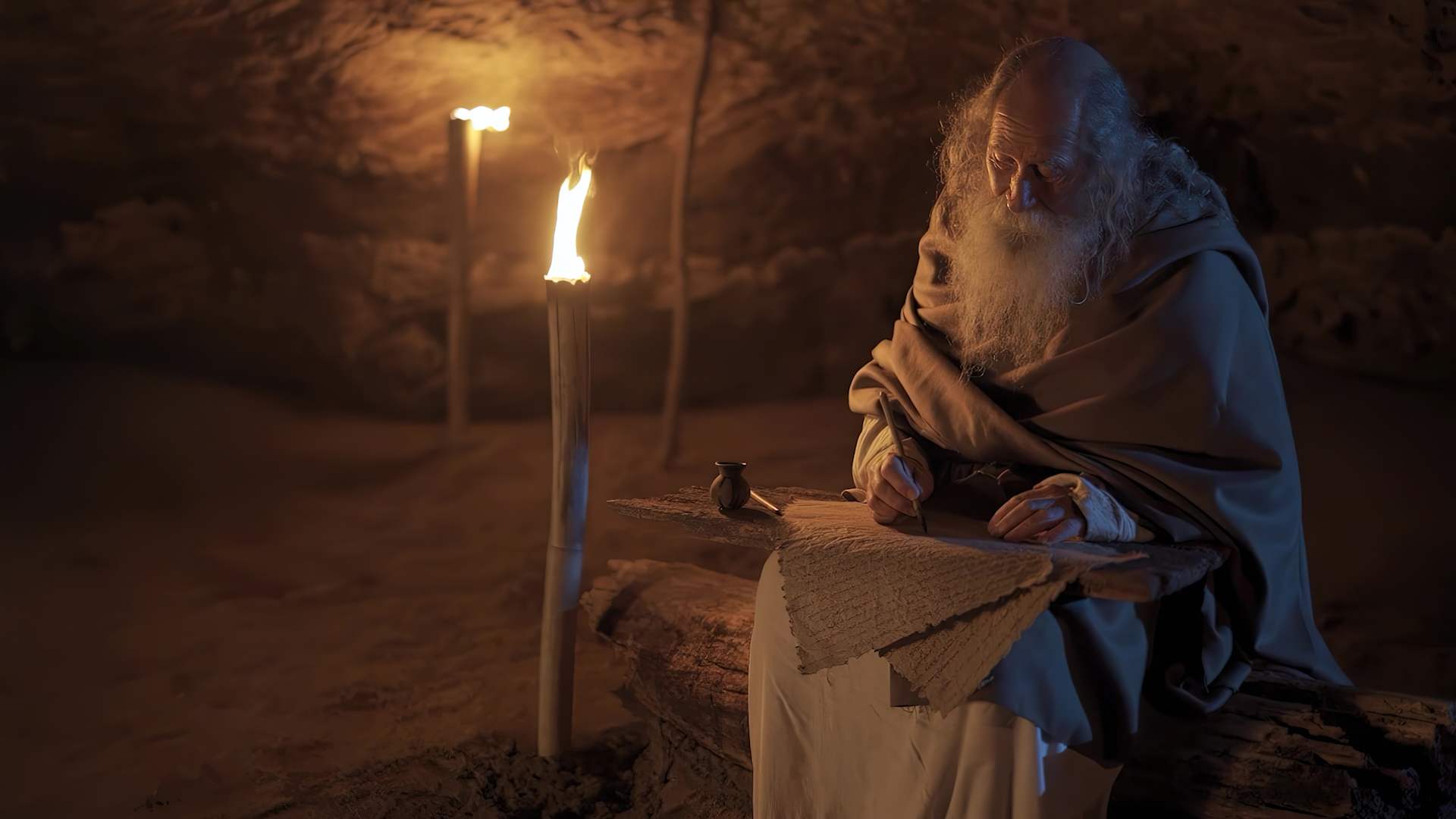
![On Valentine’s Day, Boston Archdiocese welcomes marriages into Church with convalidation ceremony - #Catholic - About two dozen couples in the Archdiocese of Boston will have their marriages “brought into the Church” this year, part of a now-yearly tradition there in which husbands and wives can take part in “convalidation” ceremonies. Convalidation offers civilly married husbands and wives the opportunity for a valid Catholic sacramental marriage. The Boston Archdiocese describes the ceremony as “an opportunity for couples married outside of the Catholic Church to enter a marriage covenant in the Catholic tradition, be strengthened by God’s grace, and be supported by his Church.”
Couples celebrate the convalidation of their marriages in the Archdiocese of Boston on Saturday, Feb. 8, 2025. | Credit: Gregory Tracy/Archdiocese of Boston
Liz Cotrupi, the director of family life and ecclesial movements in the archdiocesan evangelization office, told EWTN News that this year’s ceremony will be the third the archdiocese has held in as many years. “We’ve been doing it during National Marriage Week,” she said. “It just so happens that this year it falls on Valentine’s Day, so it’s a little special.”The program arose in Boston when former Regional Bishop Mark O’Connell began offering convalidation ceremonies in the north region of the archdiocese over which he presided. “When he became the vicar general [in 2023], he said, ‘Hey I’ve been doing this regionally in the north region and it’s had some good feedback — what about doing it archdiocesan-wide?’” Cotrupi said. The program has grown ever since. “We’ll probably have 22 to 24 couples this year,” Cotrupi said. The archdiocese has advertised the ceremony in parish bulletins and on social media, she said, and the reaction has been positive. “People are coming out of the woodwork,” she said.
A couple receives convalidation of their marriage by Bishop Mark O’Connell in the Archdiocese of Boston on Saturday, Feb. 8, 2025. | Credit: Gregory Tracy/Archdiocese of Boston
The process is similar, but not identical, to that of preparing couples for marriage. “We’ve learned a lot through this process,” Cotrupi said with a laugh. The archdiocesan canonical affairs office takes part in the marriage preparation, she said, while a priest helps prepare the couple directly. “Each couple, it’s as if they’re making their vows for the very first time,” she said. “They will exchange consent, answer the questions, and then exchange rings, which are blessed.”
“Each couple, it’s as if they’re making their vows for the very first time.”
Liz CotrupiDirector of Family Life and Ecclesial Movements, Archdiocese of Boston
The ceremony is not a full Mass, she said, but rather consists of the Liturgy of the Word, the prayers of the faithful, a blessing, and the marriage ceremony itself. The event often has all the trappings of a wedding, she said. “Some brides come dressed in wedding dresses,” she said. Others are dressed more casually. Some families bring their children.
Young guests attend a convalidation ceremony in the Archdiocese of Boston on Saturday, Feb. 8, 2025. | Credit: Gregory Tracy/Archdiocese of Boston
At times, Cotrupi said, couples forget to bring the required two witnesses to the event, in which case she and archdiocesan Family Life Consultant Emily Elliott have often stood as witnesses. Couples are often given a gift on the day of the ceremony, she said, and afterward they often go out to dinner with family and friends to celebrate. Cotrupi said the usual administrative tasks surrounding the process, like “all the paperwork,” can be “a bit much.” Still, she said, “it’s a joyous occasion.”“We’re so happy to do it for them,” she said.](https://unitedyam.com/wp-content/uploads/2026/02/on-valentines-day-boston-archdiocese-welcomes-marriages-into-church-with-convalidation-ceremony-catholic-about-two-dozen-couples-in-the-archdiocese-of-boston-will-have-their-marriages.jpg)

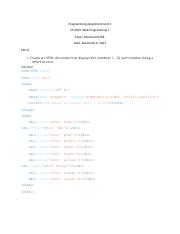
| Picture of the day |
|---|

|
|
Leopard (Panthera pardus pardus) young female in Kruger National Park, South Africa.
|
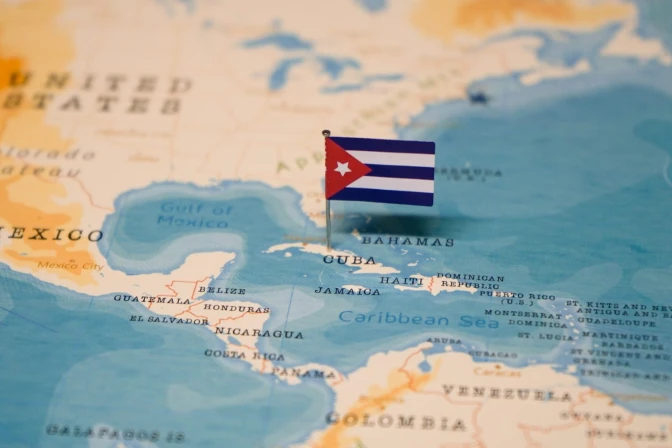
The country’s growing economic and social instability prompts request to delay meeting with Pope Leo XIV.
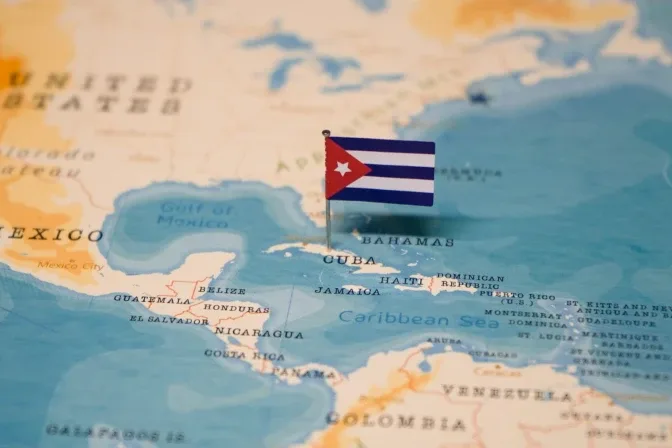
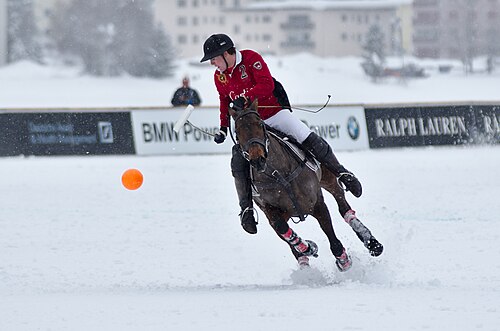
O Christ Jesus,
when all is darkness
and we feel our weakness and helplessness,
give us the sense of Your presence,
Your love, and Your strength.
Help us to have perfect trust
in Your protecting love
and strengthening power,
so that nothing may frighten or worry us,
for, living close to You,
we shall see Your hand,
Your purpose, Your will through all things.
By Saint Ignatius of Loyola
Read More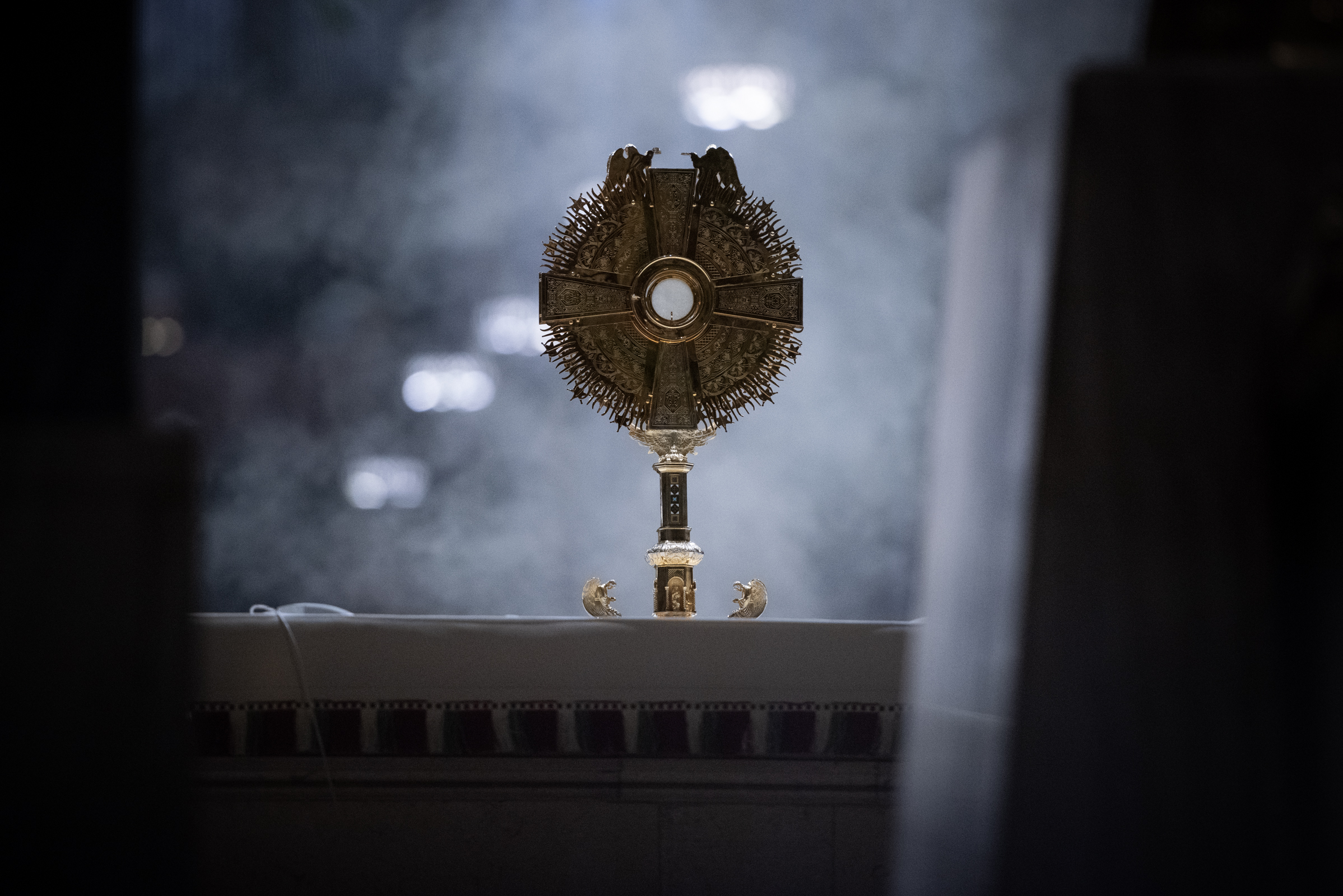
U.S. parishes and other Catholic groups are expected to participate in the initiative ahead of the Fourth of July.
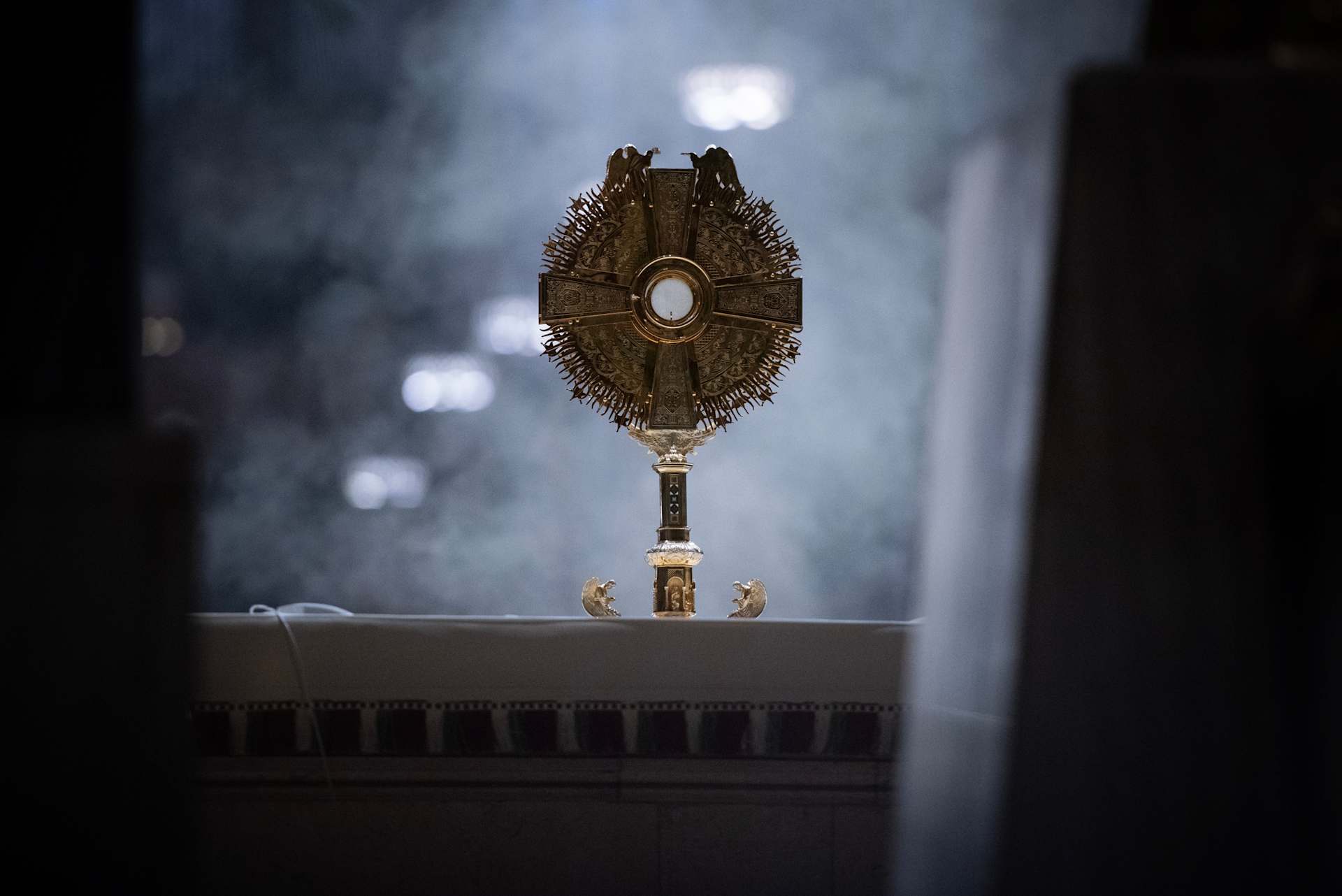
![Two-thirds of aborted babies lost their lives to abortion pills, report finds - #Catholic - About two-thirds of aborted babies lost their lives to abortion pills, according to a Feb. 10 report by the National Right to Life.The 2026 “Status of Abortion in the United States” report, an analysis of developments in abortion policy, found that chemical abortions account for 63% of all reported abortions in the U.S. as of 2023.Mail-order pills, which can be shipped into every state, even if they are illegal, make chemical abortion easily accessible. State safeguards designed to protect women — such as required in-person physician visits — can be easily sidestepped.But studies continue to show high rates of negative outcomes for women who take abortion drugs. Chemical abortion has a complication rate four times that of surgical abortion, one study found. According to a 2025 study, 1 in 10 patients had “a serious adverse event” and 6% of patients needed surgery.The Trump administration has pledged to review the dangers of the abortion drug but has not restored safeguards that the Biden administration removed.National Right to Life looks to establish accountability on the state and local level through legislation.“This is a moment of stark contrast in America,” said Carol Tobias, president of National Right to Life. “Some states are racing to entrench abortion at any cost, while others are advancing compassionate policies that recognize the humanity of unborn children and provide real support to mothers.”The Abortion Pill Provider Liability and Education (APPLE) Act is “designed to hold abortion-pill providers accountable and give women legal recourse when harmed,” according to the Feb. 10 press release.The report calls the model legislation a “fresh approach.”“The APPLE Act empowers women to sue any party involved in the abortion pill supply chain — prescribers, sellers, manufacturers — when harm occurs,” the report read. “The goal is accountability and transparency.”Dr. Christina Francis, CEO of the American Association of Pro-Life Obstetricians and Gynecologists, said the removal of safeguards around abortion pill prescriptions was “reckless.”“The abortion industry treats abortion pills like casual online purchases, though the reality is that they are far more dangerous,” Francis told EWTN News. “Known complications for women include hemorrhage, severe infection, and the need for emergency surgery.”
Dr. Christina Francis heads the American Association of Pro-Life Obstetricians and Gynecologists (AAPLOG). | Credit: AAPLOG
“Anyone can order them online — a woman, a minor, even an abuser — with no ID, no pregnancy verification, and zero medical supervision or follow‑up,” she continued.The APPLE Act would ensure a public record of injuries and failures — something currently not in place, as abortion pill complications go underreported.“This report makes clear that while Roe [v. Wade] is gone, the abortion industry has simply shifted tactics — relying heavily on dangerous mail-order pills and legal loopholes to avoid accountability,” Tobias said.“At the same time, we’re seeing encouraging momentum in states working to protect both women and their unborn children,” Tobias continued. “The APPLE Act is one important step toward restoring transparency and responsibility in an industry that has operated for too long without either.”So far, two states — Washington and Ohio — have introduced the APPLE Act.“Because the APPLE Act is fundamentally consumer protection law, it has the potential to gain traction even in states that support abortion,” the report read.“The truth about chemical abortion is becoming harder to ignore,” the report continued.Francis urged the FDA to reinstate the safeguards.“When the FDA recklessly scrapped the last remaining safeguards over these high-risk drugs, it opened the floodgates for extensive harm and abuse of both women and preborn children,” Francis continued. “The result is widespread and reckless distribution of these pills, thousands of preborn lives lost, and more women harmed because they were never given truly informed consent or afforded basic medical care and support.”“This is medical malpractice, and it is time for the FDA to take this situation seriously and do its job by restoring essential safeguards,” she said.](https://unitedyam.com/wp-content/uploads/2026/02/two-thirds-of-aborted-babies-lost-their-lives-to-abortion-pills-report-finds-catholic-about-two-thirds-of-aborted-babies-lost-their-lives-to-abortion-pills-according-to-a-feb-10-report-by-the.jpg)
After a report found that nearly two-thirds of abortions are chemical, advocacy groups are pushing for national and local safeguards against mail-order abortion pill prescriptions.
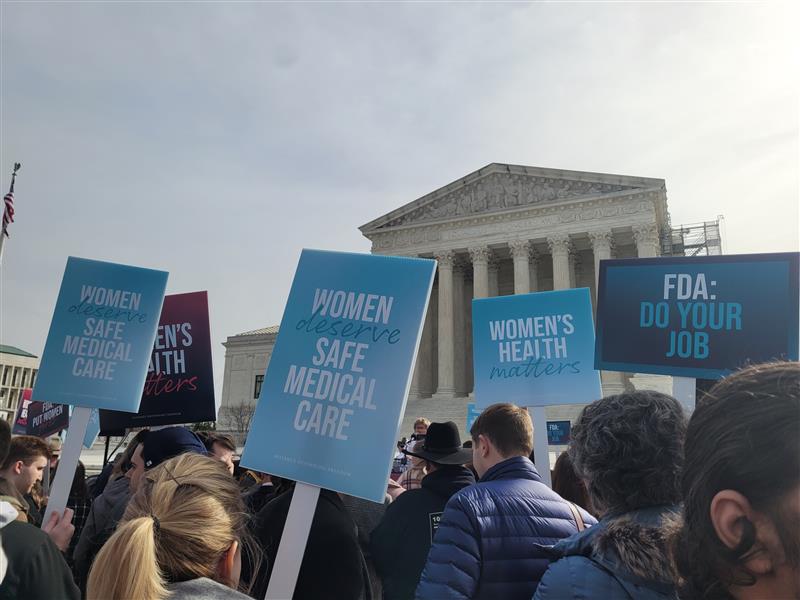
Father, we beg Your blessing for the Right to Life, the Unborn, the weak, the sick and the old; all who are finding themselves being targets of the vicious culture of death; that our Lord Jesus bless and protect all who stand up for the Christian dignity of persons. That God enlighten those who are traveling down death’s highway by their involvement, in any way, with either the contemporary death culture, selfism, relativeism, or any of the new age errors of our times, that God envelop our …
Read More
At least 10 people are dead, including young teens, and many are wounded in a mass shooting in northern British Columbia, Canada.

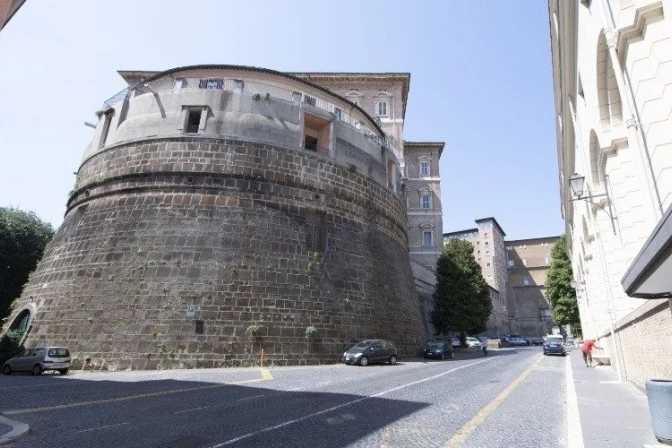
Two indexes with 50 companies each that adhere to Catholic social teachings were announced by the Vatican Bank in order to promote ethical Catholic investing.
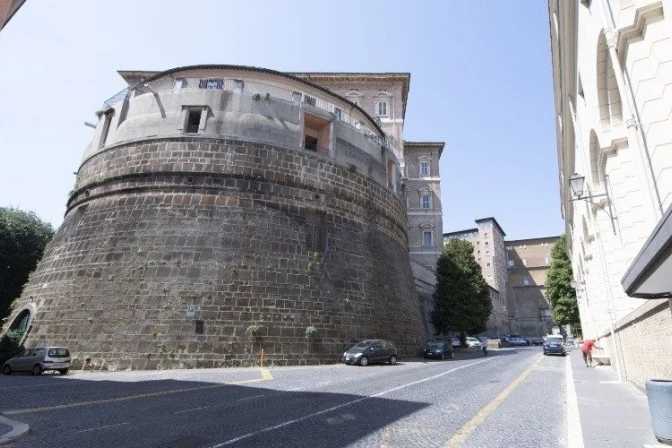
![China’s Catholic bishops back worship limits, prompting call for Vatican action – #Catholic – The state-sanctioned Bishops’ Conference of the Catholic Church in China (BCCC) backed the government’s ban on unregistered clergy engaging in pastoral work and using unapproved sites for worship.The BCCC said in a Feb. 4 statement that “religious groups must comply with relevant laws and regulations when conducting religious activities,” describing compliance as a matter of “national and public interest.” The statement aligned with the Chinese Communist Party’s controls over the region.Nina Shea, Hudson Institute senior fellow, called on Pope Leo XIV to summon the Chinese Catholic bishops’ conference for supporting the “suppression of Chinese Catholicism.”“That the heads of these entities are the bishops of Beijing and Shanghai, China’s most important dioceses, is shameful,” she told EWTN News. “Pope Leo should immediately summon them to Rome to review their episcopal authority.”Chinese Communist Party (CCP) controls stipulate that religious activities occur in “registered” religious venues by “certified and registered religious personnel.”Though the bishops noted religious groups may request to carry out their activities in a temporary location with prior permission from the government, no unauthorized clergy may ever preside over such activities for any reason, according to Article 40 of the Regulations on Religious Affairs.Shea, who also directs the Center for Religious Freedom, said: “Supporting the CCP ban on unregistered clergy and churches directly conflicts with Vatican policy.”“[Pope Leo] should disclose the content of the Holy See’s provisional agreement with China and review whether this new Chinese policy constitutes a breach of the agreement’s terms or even of its spirit,” she said.Shea cited a 2007 letter from Pope Benedict XVI to the Chinese Catholic Church in which the late pontiff described the Chinese government’s bid to impose its own structure on the Church in China as “incompatible with Catholic doctrine.”Shea said the Vatican’s 2019 pastoral guidance to members of the Chinese Catholic Church affirmed that a cleric had the right to “individually follow one’s conscience on whether to refuse to take the pledge renouncing foreign influence, such as papal influence — a pledge required to register with the state’s Chinese Patriotic Catholic Association and its bishops’ conference.”“This new position in support of banning and criminalizing those clergy who refuse to take the pledge renouncing papal authority lays bare these entities as mere party tools for communist control and suppression of Chinese Catholicism,” Shea said. China’s Catholic bishops back worship limits, prompting call for Vatican action – #Catholic – The state-sanctioned Bishops’ Conference of the Catholic Church in China (BCCC) backed the government’s ban on unregistered clergy engaging in pastoral work and using unapproved sites for worship.The BCCC said in a Feb. 4 statement that “religious groups must comply with relevant laws and regulations when conducting religious activities,” describing compliance as a matter of “national and public interest.” The statement aligned with the Chinese Communist Party’s controls over the region.Nina Shea, Hudson Institute senior fellow, called on Pope Leo XIV to summon the Chinese Catholic bishops’ conference for supporting the “suppression of Chinese Catholicism.”“That the heads of these entities are the bishops of Beijing and Shanghai, China’s most important dioceses, is shameful,” she told EWTN News. “Pope Leo should immediately summon them to Rome to review their episcopal authority.”Chinese Communist Party (CCP) controls stipulate that religious activities occur in “registered” religious venues by “certified and registered religious personnel.”Though the bishops noted religious groups may request to carry out their activities in a temporary location with prior permission from the government, no unauthorized clergy may ever preside over such activities for any reason, according to Article 40 of the Regulations on Religious Affairs.Shea, who also directs the Center for Religious Freedom, said: “Supporting the CCP ban on unregistered clergy and churches directly conflicts with Vatican policy.”“[Pope Leo] should disclose the content of the Holy See’s provisional agreement with China and review whether this new Chinese policy constitutes a breach of the agreement’s terms or even of its spirit,” she said.Shea cited a 2007 letter from Pope Benedict XVI to the Chinese Catholic Church in which the late pontiff described the Chinese government’s bid to impose its own structure on the Church in China as “incompatible with Catholic doctrine.”Shea said the Vatican’s 2019 pastoral guidance to members of the Chinese Catholic Church affirmed that a cleric had the right to “individually follow one’s conscience on whether to refuse to take the pledge renouncing foreign influence, such as papal influence — a pledge required to register with the state’s Chinese Patriotic Catholic Association and its bishops’ conference.”“This new position in support of banning and criminalizing those clergy who refuse to take the pledge renouncing papal authority lays bare these entities as mere party tools for communist control and suppression of Chinese Catholicism,” Shea said.](https://unitedyam.com/wp-content/uploads/2026/02/chinas-catholic-bishops-back-worship-limits-prompting-call-for-vatican-action-catholic-the-state-sanctioned-bishops-conference-of-the-catholic-church-in-china-bccc-backed-the.jpg)
Nina Shea, Hudson Institute senior fellow, called on Pope Leo XIV to summon Chinese bishops to the Vatican for supporting the “suppression of Chinese Catholicism.”
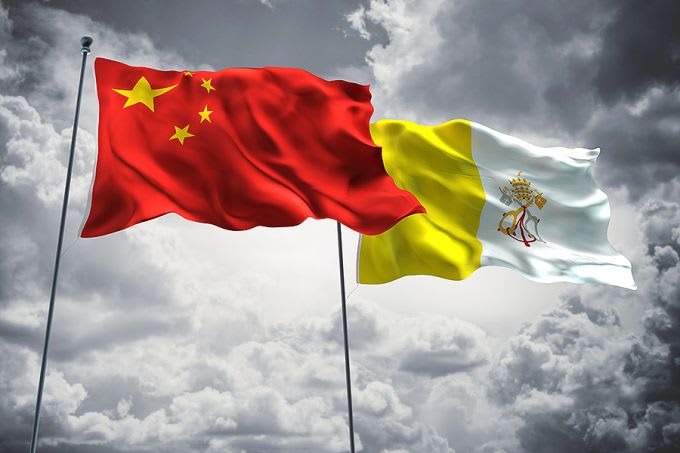
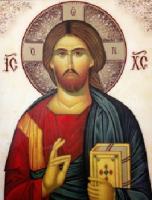
Lord, I believe:
I wish to believe in Thee.
Lord, let my faith be full and unreserved,
and let it penetrate my thought,
my way of judging Divine things and human things.
Lord, let my faith be joyful
and give peace and gladness to my spirit,
and dispose it for prayer with God
and conversation with men,
so that the inner bliss of its fortunate possession
may shine forth in sacred and secular conversation.
Lord, let my faith be humble and not presume
to be based on the …
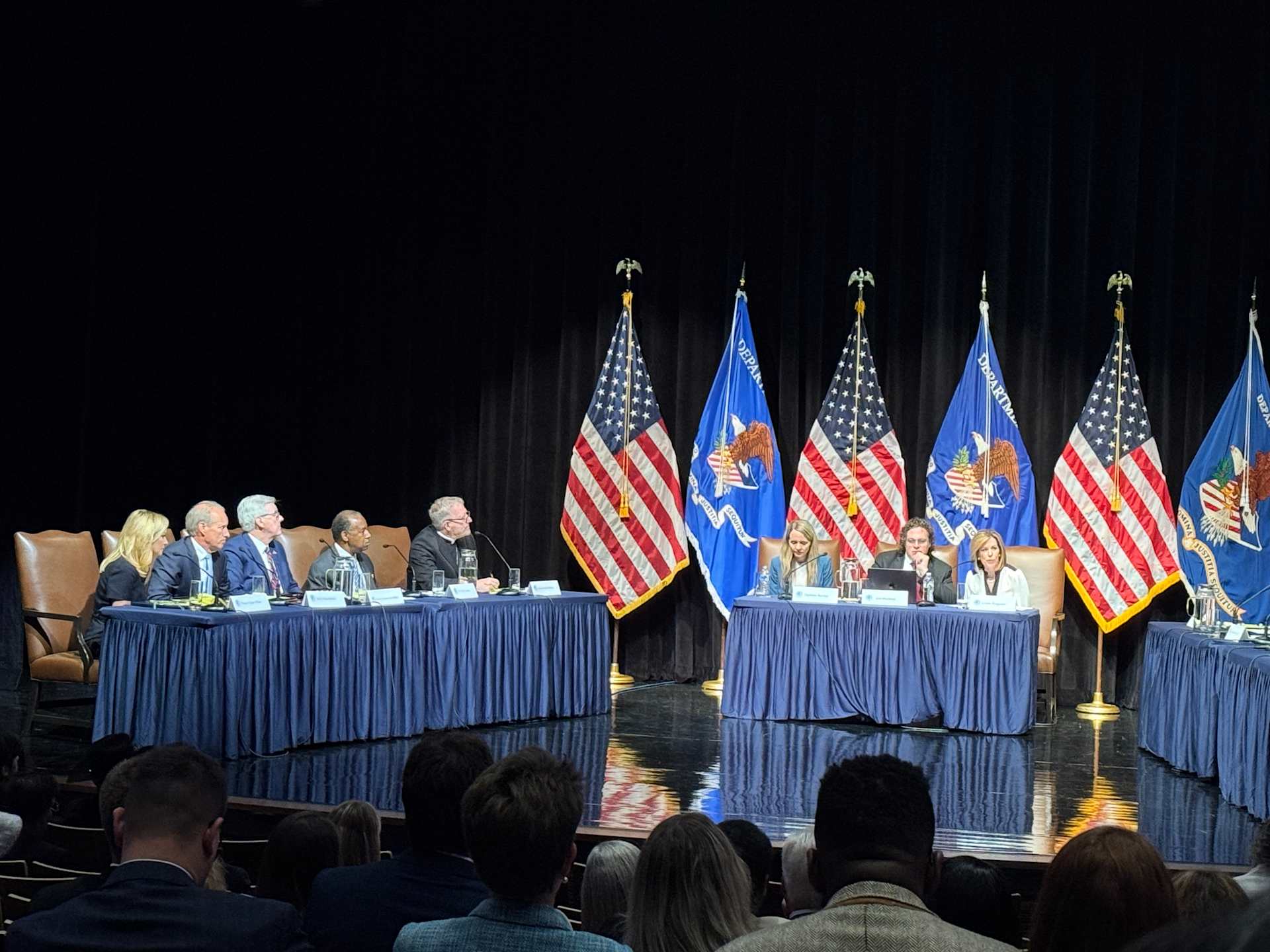
Catholic teaching does not explicitly oppose Zionism, the movement supporting Jewish self‑determination in a homeland in Israel.
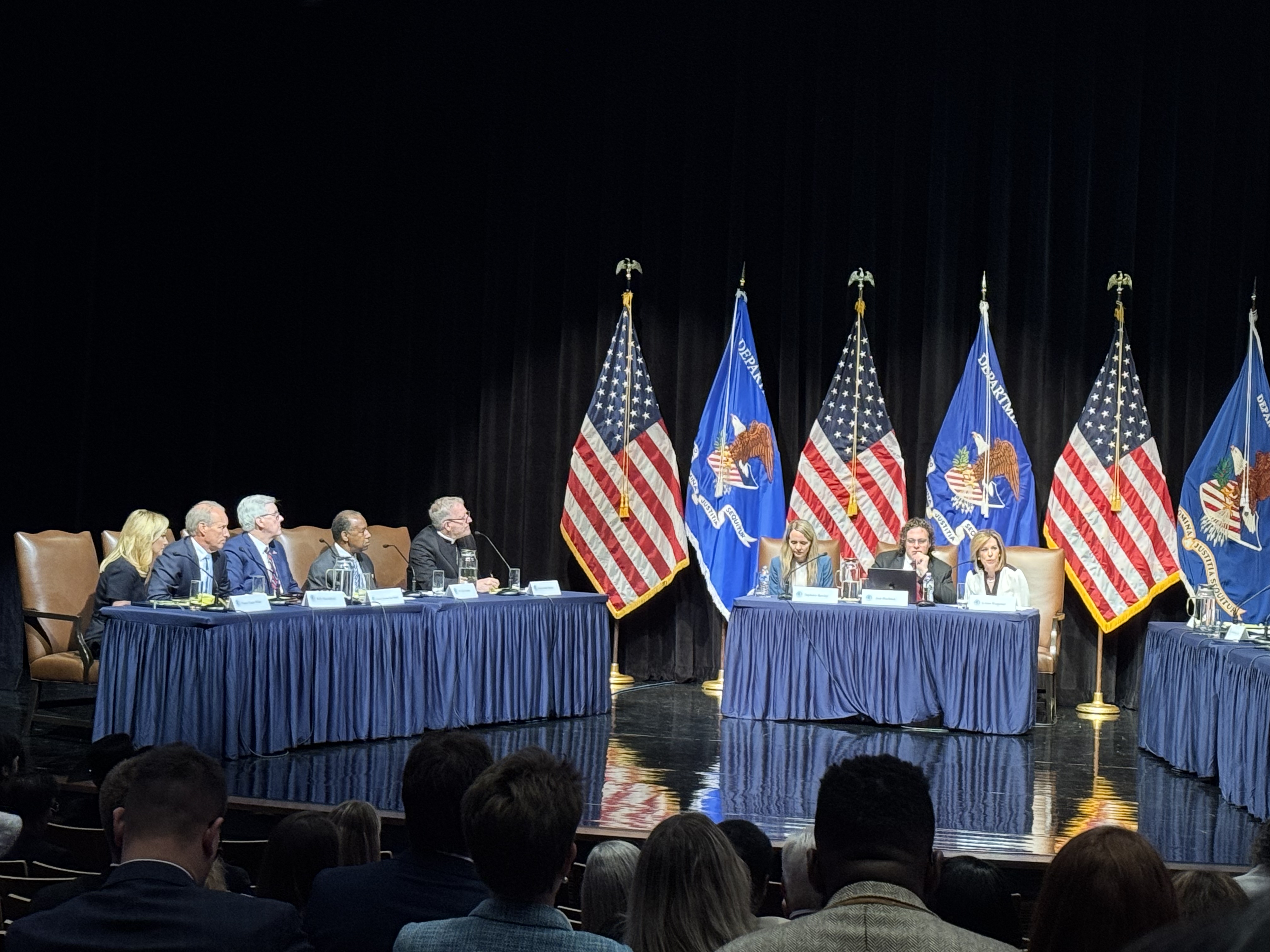
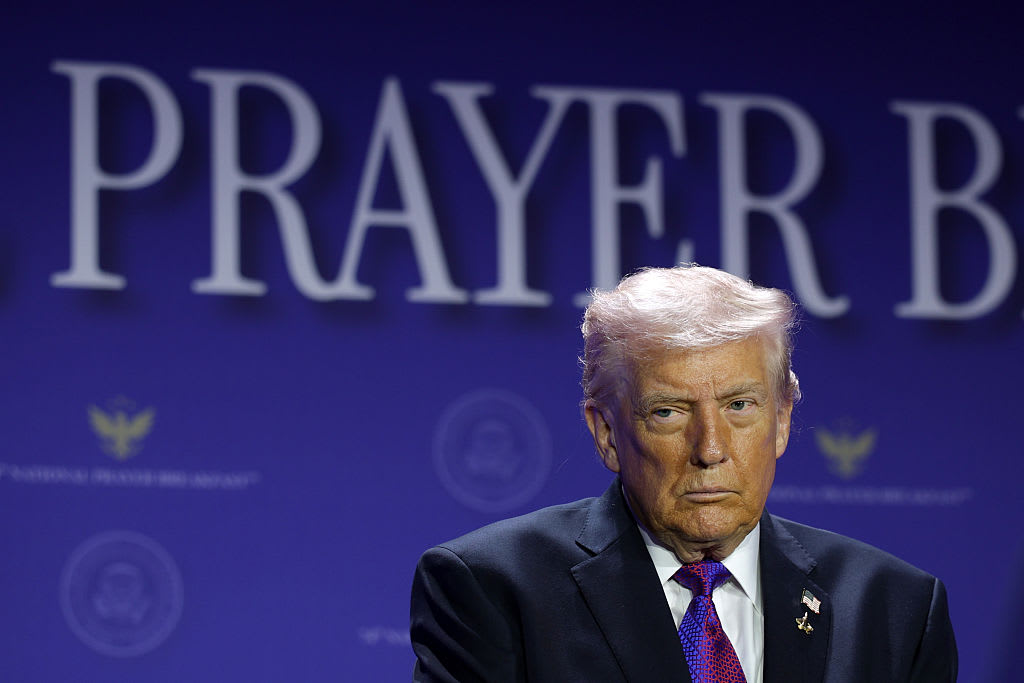
A Pew Research Center report examined how U.S. religious groups view President Donald Trump, including his plans and policies and his ethics.
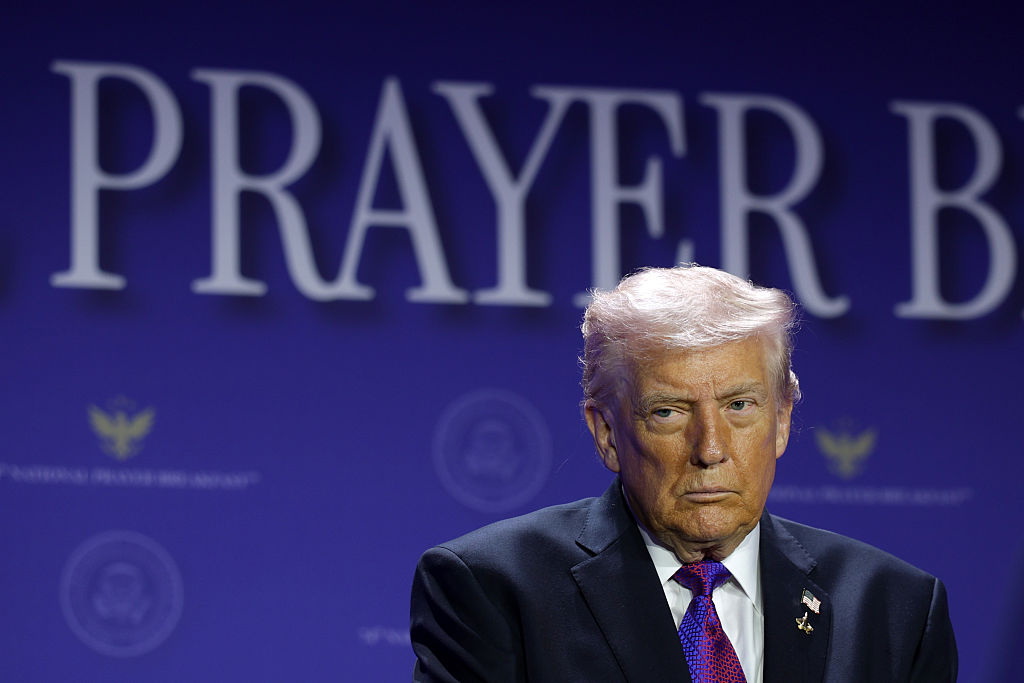
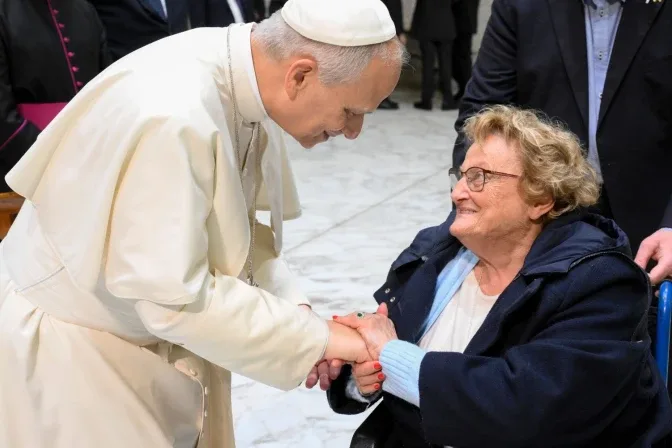
“I will not forget you” (Isaiah 49:15) is the theme chosen by Pope Leo XIV for the sixth World Day of Grandparents and the Elderly, which this year will take place on Sunday, July 26.
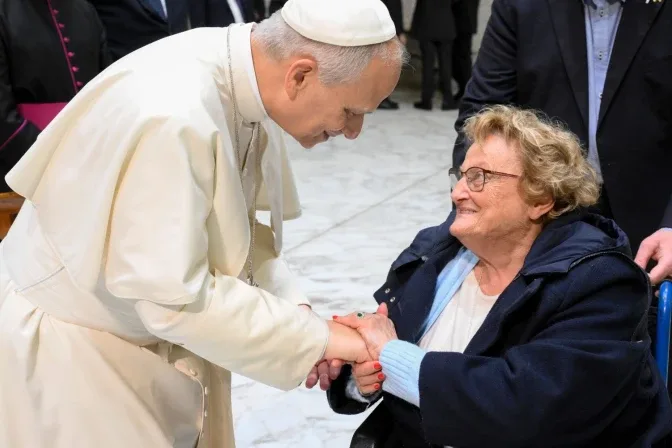
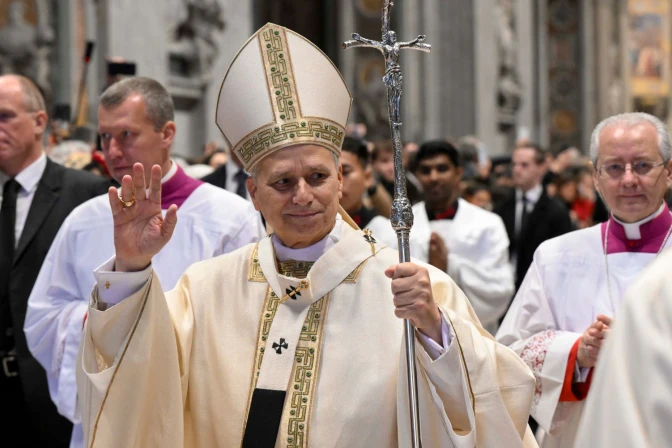
Pope Leo XIV has indicated he intends to travel to Sydney in 2028 to preside over the International Eucharistic Congress, which will mark the 100th anniversary of Australia’s first such gathering.
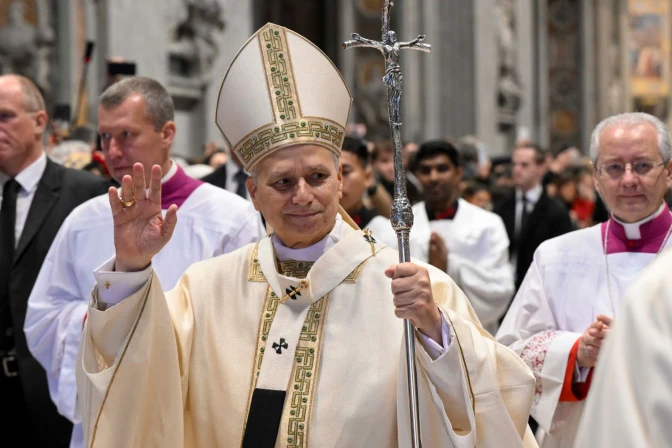
May the offering of our service and the prayer of the blessed Archangel Gabriel be acceptable in Thy sight, O Lord; that he whom we venerate on earth, may be our advocate before Thee in heaven. Through Our Lord. Amen.
Read More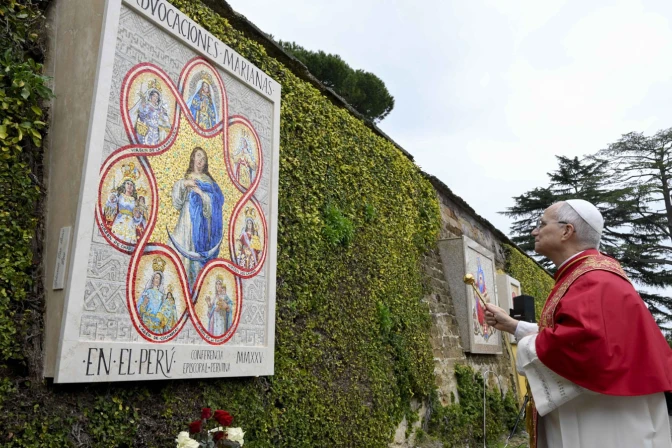
Pope Leo XIV approved the new statutes of the Pontifical International Marian Academy, founded to promote and coordinate Mariological and Marian studies worldwide.
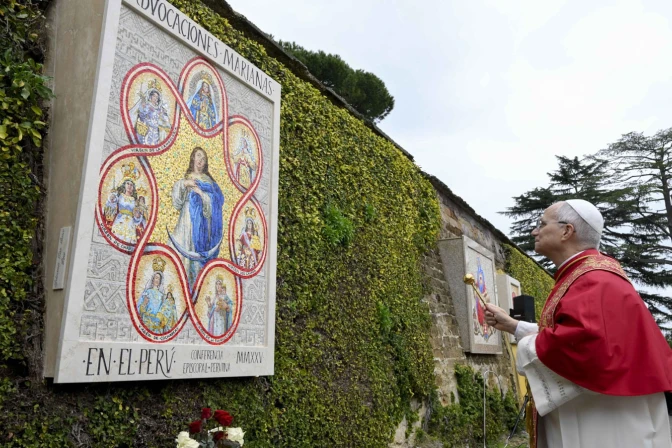
![Catholic leaders express sorrow over racist Trump post; bishops demand apology – #Catholic – U.S. Catholic bishops condemned President Donald Trump’s social media post that showed the faces of former President Barack Obama and First Lady Michelle Obama superimposed on cartoon apes.Trump has since deleted the Feb. 5 Truth Social post, said he did not intend to post a depiction of the Obamas as apes, and condemned the racist part of the video. He refused to apologize for posting it.In a statement by the U.S. Conference of Catholic Bishops (USCCB) on X, Bishop Daniel Garcia, chair of the Subcommittee for the Promotion of Racial Justice and Reconciliation, said he was “glad to see that the egregious post has been taken down” and reposted part of the USCCB’s 2018 pastoral letter against racism.“Every racist act — every such comment, every joke, every disparaging look as a reaction to the color of skin, ethnicity, or place of origin — is a failure to acknowledge another person as a brother or sister, created in the image of God,” the 2018 statement said.Cardinal Blase Cupich, archbishop of Chicago, issued a statement Feb. 9 calling on Trump to immediately issue an apology, regardless of whether it was intentional, saying the post showed that “such blatant racism is not merely a practice of the past.”“Either way he should apologize,” he said. “Our shock is real. So is our outrage. Nothing less than an unequivocal apology — to the nation and to the persons demeaned — is acceptable. And it must come immediately.”Cupich said the trope of “portraying human beings as animals — less than human — is not new” and that it was commonly used to “demean immigrant groups.” He said it “immunized the national conscience when we turned away shiploads of refugees, lynched thousands, and doomed generations to poverty.”“If the president intentionally approved the message containing viciously racist images, he should admit it. If he did not know of it originally, he should explain why he let his staff describe the public outcry over their transmission as fake outrage,” Cupich said.Detroit Archbishop Edward Weisenburger issued a statement calling the depiction “a racist meme” and said it’s “disturbing” if either Trump or a staff member views racist memes “as humorous or appropriate expressions of political discourse.”“They are deeply offensive and must be condemned in the strongest terms,” he said. “I join my voice to the many calling for a public apology with full acceptance of responsibility, and I also bristle at claims from the White House that the rage many of us feel is ‘fake.’”“Beyond the necessary apology, I also believe that we all must examine our conscience, individually and collectively,” he said. “We need to recognize and acknowledge how prevalent racism continues to be in our society and commit ourselves to vigilance in counteracting its harm.”Sister Josephine Garrett of the Sisters of the Holy Family of Nazareth posted on Instagram that the depiction is “an age-old racist trope” and said “what a time to be alive,” in reference to the president posting it on social media.Garrett, who is Black, said she is not Democrat or Republican and posted a photo of Barack and Michelle Obama, saying: “Since these faces will be degraded in the timelines today, I’m adding something to the timeline that honors the dignity of this couple and their family — and also, it’s Black History Month.”The Ancient Order of Hibernians, an Irish-American Catholic fraternal organization, also issued a statement against Trump’s social media post, saying: “We recognize this tactic because it was used against us as Irish Americans.”“The claim that this video was merely an ‘internet meme’ or that critics were engaging in ‘fake outrage’ is both morally bankrupt and historically ignorant,” the statement said. “There is nothing lighthearted about reducing any people to apes. This imagery has been used for centuries as a tool of oppression, designed to dehumanize and justify subjugation. It is not humor; it is bigotry.”Trump’s social media postLate Thursday, Feb. 5, around 11:45 p.m. ET, Trump posted a video that was one minute and two seconds long.The bulk of the video reiterated claims of election fraud in the 2020 election. At the 59-second mark, it depicts the Obamas as apes.When reporters asked him about it, Trump said: “I just looked at the first part” about voter fraud and “I didn’t see the whole thing.” When asked whether he condemns the racist part of the video, he said “of course I do.”“I guess during the end of it, there was some picture that people don’t like,” he said. “I wouldn’t like it either, but I didn’t see it.”Trump refused to apologize for the post when asked, saying: “No; I didn’t make a mistake.” He said he looks at “thousands of things” and only “looked at the beginning of it [and that part] was fine.”The Obamas have not publicly commented on the video. Catholic leaders express sorrow over racist Trump post; bishops demand apology – #Catholic – U.S. Catholic bishops condemned President Donald Trump’s social media post that showed the faces of former President Barack Obama and First Lady Michelle Obama superimposed on cartoon apes.Trump has since deleted the Feb. 5 Truth Social post, said he did not intend to post a depiction of the Obamas as apes, and condemned the racist part of the video. He refused to apologize for posting it.In a statement by the U.S. Conference of Catholic Bishops (USCCB) on X, Bishop Daniel Garcia, chair of the Subcommittee for the Promotion of Racial Justice and Reconciliation, said he was “glad to see that the egregious post has been taken down” and reposted part of the USCCB’s 2018 pastoral letter against racism.“Every racist act — every such comment, every joke, every disparaging look as a reaction to the color of skin, ethnicity, or place of origin — is a failure to acknowledge another person as a brother or sister, created in the image of God,” the 2018 statement said.Cardinal Blase Cupich, archbishop of Chicago, issued a statement Feb. 9 calling on Trump to immediately issue an apology, regardless of whether it was intentional, saying the post showed that “such blatant racism is not merely a practice of the past.”“Either way he should apologize,” he said. “Our shock is real. So is our outrage. Nothing less than an unequivocal apology — to the nation and to the persons demeaned — is acceptable. And it must come immediately.”Cupich said the trope of “portraying human beings as animals — less than human — is not new” and that it was commonly used to “demean immigrant groups.” He said it “immunized the national conscience when we turned away shiploads of refugees, lynched thousands, and doomed generations to poverty.”“If the president intentionally approved the message containing viciously racist images, he should admit it. If he did not know of it originally, he should explain why he let his staff describe the public outcry over their transmission as fake outrage,” Cupich said.Detroit Archbishop Edward Weisenburger issued a statement calling the depiction “a racist meme” and said it’s “disturbing” if either Trump or a staff member views racist memes “as humorous or appropriate expressions of political discourse.”“They are deeply offensive and must be condemned in the strongest terms,” he said. “I join my voice to the many calling for a public apology with full acceptance of responsibility, and I also bristle at claims from the White House that the rage many of us feel is ‘fake.’”“Beyond the necessary apology, I also believe that we all must examine our conscience, individually and collectively,” he said. “We need to recognize and acknowledge how prevalent racism continues to be in our society and commit ourselves to vigilance in counteracting its harm.”Sister Josephine Garrett of the Sisters of the Holy Family of Nazareth posted on Instagram that the depiction is “an age-old racist trope” and said “what a time to be alive,” in reference to the president posting it on social media.Garrett, who is Black, said she is not Democrat or Republican and posted a photo of Barack and Michelle Obama, saying: “Since these faces will be degraded in the timelines today, I’m adding something to the timeline that honors the dignity of this couple and their family — and also, it’s Black History Month.”The Ancient Order of Hibernians, an Irish-American Catholic fraternal organization, also issued a statement against Trump’s social media post, saying: “We recognize this tactic because it was used against us as Irish Americans.”“The claim that this video was merely an ‘internet meme’ or that critics were engaging in ‘fake outrage’ is both morally bankrupt and historically ignorant,” the statement said. “There is nothing lighthearted about reducing any people to apes. This imagery has been used for centuries as a tool of oppression, designed to dehumanize and justify subjugation. It is not humor; it is bigotry.”Trump’s social media postLate Thursday, Feb. 5, around 11:45 p.m. ET, Trump posted a video that was one minute and two seconds long.The bulk of the video reiterated claims of election fraud in the 2020 election. At the 59-second mark, it depicts the Obamas as apes.When reporters asked him about it, Trump said: “I just looked at the first part” about voter fraud and “I didn’t see the whole thing.” When asked whether he condemns the racist part of the video, he said “of course I do.”“I guess during the end of it, there was some picture that people don’t like,” he said. “I wouldn’t like it either, but I didn’t see it.”Trump refused to apologize for the post when asked, saying: “No; I didn’t make a mistake.” He said he looks at “thousands of things” and only “looked at the beginning of it [and that part] was fine.”The Obamas have not publicly commented on the video.](https://unitedyam.com/wp-content/uploads/2026/02/catholic-leaders-express-sorrow-over-racist-trump-post-bishops-demand-apology-catholic-u-s-catholic-bishops-condemned-president-donald-trumps-social-media-post-that-showed-the-faces-of.jpg)
U.S. Catholic Bishops Garcia and Weisenburger, with Cardinal Cupich, condemned President Trump’s social media post. Trump denied it was intentional and refused to apologize.
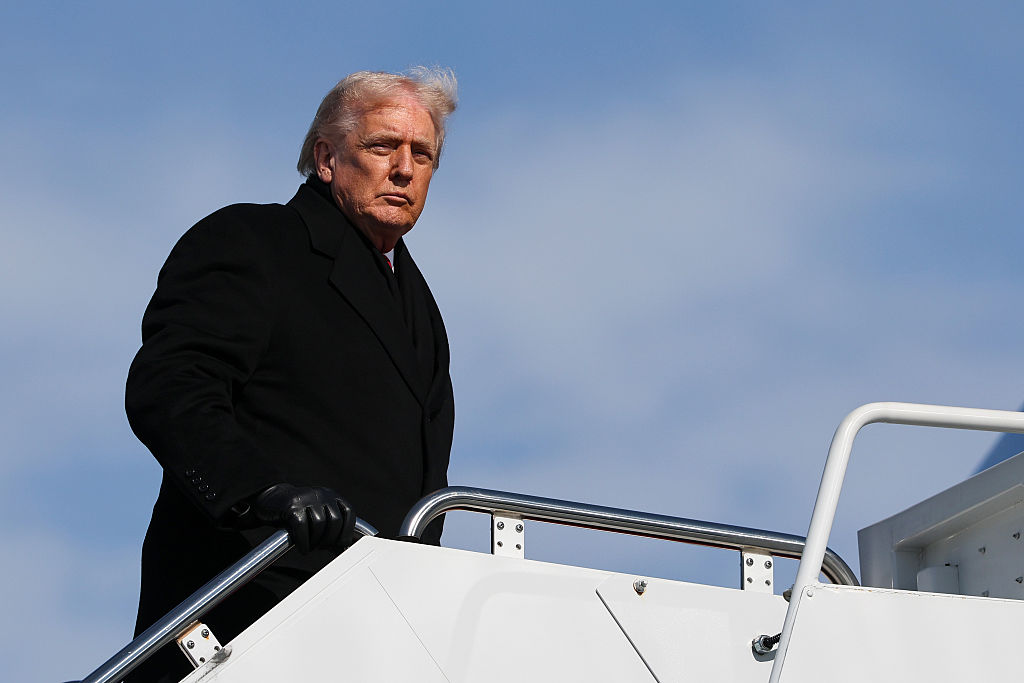
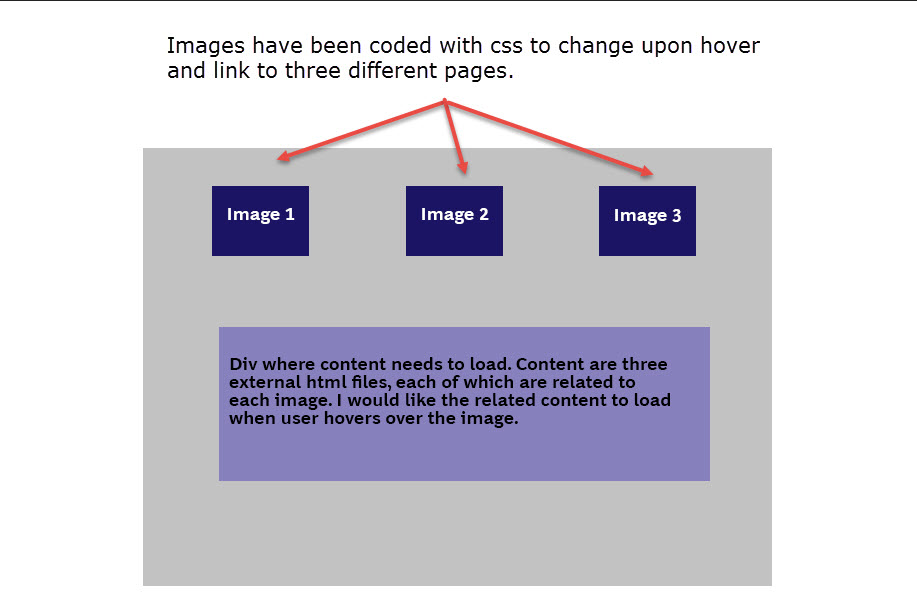
| Picture of the day |
|---|
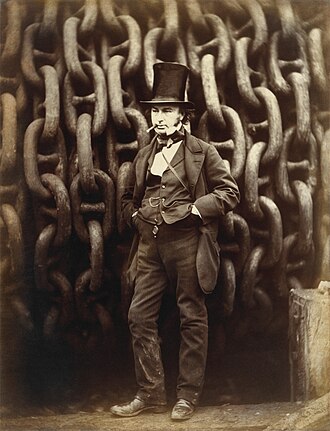
|
|
Isambard Kingdom Brunel standing before the launching chains of the SS Great Eastern. The ship was launched on this day in 1858.
|
![Catholic activist Jimmy Lai sentenced to 20 years in prison in Hong Kong national security trial – #Catholic – Jimmy Lai, the human rights advocate and outspoken Catholic who has faced what supporters say has been years of politicized prosecution and conviction in Hong Kong, was sentenced on Feb. 9 to 20 years in prison over what Chinese officials claim were national security violations. The sentencing comes after Lai's December conviction under China's wide-reaching security law, which capped a years-long legal process during which he was found guilty on multiple other charges including fraud and unlawful assembly. Lai, who was known for years as the publisher of the outspoken pro-democracy tabloid Apple Daily, was first arrested in 2020 after alleged violations of Chinese national security policy.The government has charged him multiple times since then, holding him without bail and sentencing him to lengthy prison stretches, including a 69-month sentence in December 2022 for a fraud conviction. Lai's plight has drawn support from around the world, including from high-ranking national leaders such as U.S. President Donald Trump, who has advocated for Lai's release and who reportedly spoke to Chinese President Xi Jinping about the issue in October 2025. Lai has also drawn support from lawmakers, activists, religious leaders and civil rights leaders around the world. In 2025 he was named an honorary recipient of the Bradley Prize. That award is meant to honor individuals who in part espouse "the ideals of the Western tradition.”Catholic faith a central part of Lai's lifeThough known for his decades of pro-democracy activism, Lai is also an outspoken Catholic whose faith has continued to sustain him during his imprisonment. Having converted to Catholicism in 1997, Lai — along with his wife Teresa — raised his son Sebastien and daughter Claire in what Claire described as "a very loving Catholic family." Claire told EWTN News in December 2025 that Lai's incarceration "has just deepened his faith." He has regularly read the Gospel when permitted by his prison guards, she said, and he "wants to be remembered [as] a faithful servant of Our Lord."In February 2024 the Catholic University of America in Washington, D.C., installed a drawing of the Crucifixion made by Lai. Father Robert Sirico, the founder of the Acton Institute and a supporter and friend of Lai’s, told EWTN News at the time that Lai sees his imprisonment as a way of joining in Christ’s passion on the cross.In November 2023 a group of 10 Catholic bishops and archbishops called on the Hong Kong government to release Lai, arguing that his "persecution … has gone on long enough." “There is no place for such cruelty and oppression in a territory that claims to uphold the rule of law and respect the right to freedom of expression,” the prelates said.Long known for its greater respect for civil rights and freedom of speech relative to the Chinese mainland, the special administrative region of Hong Kong in recent years has seen a crackdown from the Chinese Communist Party government, which has tightened its hold on the region including with the strict national security law. In 2022 Father Vincent Woo, a priest of the Diocese of Hong Kong, told EWTN News that religious leaders in the region face "tremendous consequences" if they criticize the government, with many priests or bishops consequently refusing to speak out publicly against the Communist Party. At a 2025 hearing of the U.S. Commission on International Religious Freedom, advocates warned of "severe violations of religious freedom" by the Chinese Communist Party, with the government having reportedly “forcibly eradicated religious elements that are not in line with the CCP’s agenda.”Claire Lai admitted in January that her father's "physical body is breaking down" in his protracted confinement, and he has been denied regular access to the Eucharist, she said. But, she told EWTN News Nightly, he continues to “read the Gospel every morning" and spends his time “praying and drawing the Crucifixion and the Blessed Mother.”His faith "is what protects his mind and soul," she said. Catholic activist Jimmy Lai sentenced to 20 years in prison in Hong Kong national security trial – #Catholic – Jimmy Lai, the human rights advocate and outspoken Catholic who has faced what supporters say has been years of politicized prosecution and conviction in Hong Kong, was sentenced on Feb. 9 to 20 years in prison over what Chinese officials claim were national security violations. The sentencing comes after Lai's December conviction under China's wide-reaching security law, which capped a years-long legal process during which he was found guilty on multiple other charges including fraud and unlawful assembly. Lai, who was known for years as the publisher of the outspoken pro-democracy tabloid Apple Daily, was first arrested in 2020 after alleged violations of Chinese national security policy.The government has charged him multiple times since then, holding him without bail and sentencing him to lengthy prison stretches, including a 69-month sentence in December 2022 for a fraud conviction. Lai's plight has drawn support from around the world, including from high-ranking national leaders such as U.S. President Donald Trump, who has advocated for Lai's release and who reportedly spoke to Chinese President Xi Jinping about the issue in October 2025. Lai has also drawn support from lawmakers, activists, religious leaders and civil rights leaders around the world. In 2025 he was named an honorary recipient of the Bradley Prize. That award is meant to honor individuals who in part espouse "the ideals of the Western tradition.”Catholic faith a central part of Lai's lifeThough known for his decades of pro-democracy activism, Lai is also an outspoken Catholic whose faith has continued to sustain him during his imprisonment. Having converted to Catholicism in 1997, Lai — along with his wife Teresa — raised his son Sebastien and daughter Claire in what Claire described as "a very loving Catholic family." Claire told EWTN News in December 2025 that Lai's incarceration "has just deepened his faith." He has regularly read the Gospel when permitted by his prison guards, she said, and he "wants to be remembered [as] a faithful servant of Our Lord."In February 2024 the Catholic University of America in Washington, D.C., installed a drawing of the Crucifixion made by Lai. Father Robert Sirico, the founder of the Acton Institute and a supporter and friend of Lai’s, told EWTN News at the time that Lai sees his imprisonment as a way of joining in Christ’s passion on the cross.In November 2023 a group of 10 Catholic bishops and archbishops called on the Hong Kong government to release Lai, arguing that his "persecution … has gone on long enough." “There is no place for such cruelty and oppression in a territory that claims to uphold the rule of law and respect the right to freedom of expression,” the prelates said.Long known for its greater respect for civil rights and freedom of speech relative to the Chinese mainland, the special administrative region of Hong Kong in recent years has seen a crackdown from the Chinese Communist Party government, which has tightened its hold on the region including with the strict national security law. In 2022 Father Vincent Woo, a priest of the Diocese of Hong Kong, told EWTN News that religious leaders in the region face "tremendous consequences" if they criticize the government, with many priests or bishops consequently refusing to speak out publicly against the Communist Party. At a 2025 hearing of the U.S. Commission on International Religious Freedom, advocates warned of "severe violations of religious freedom" by the Chinese Communist Party, with the government having reportedly “forcibly eradicated religious elements that are not in line with the CCP’s agenda.”Claire Lai admitted in January that her father's "physical body is breaking down" in his protracted confinement, and he has been denied regular access to the Eucharist, she said. But, she told EWTN News Nightly, he continues to “read the Gospel every morning" and spends his time “praying and drawing the Crucifixion and the Blessed Mother.”His faith "is what protects his mind and soul," she said.](https://unitedyam.com/wp-content/uploads/2026/02/catholic-activist-jimmy-lai-sentenced-to-20-years-in-prison-in-hong-kong-national-security-trial-catholic-jimmy-lai-the-human-rights-advocate-and-outspoken-catholic-who-has-faced-what-supporters.jpg)
O my God, relying on your infinite goodness and promises, I hope to obtain pardon of my sins, the help of your grace, and life everlasting, through the merits of Jesus Christ, my Lord and Redeemer.
Read More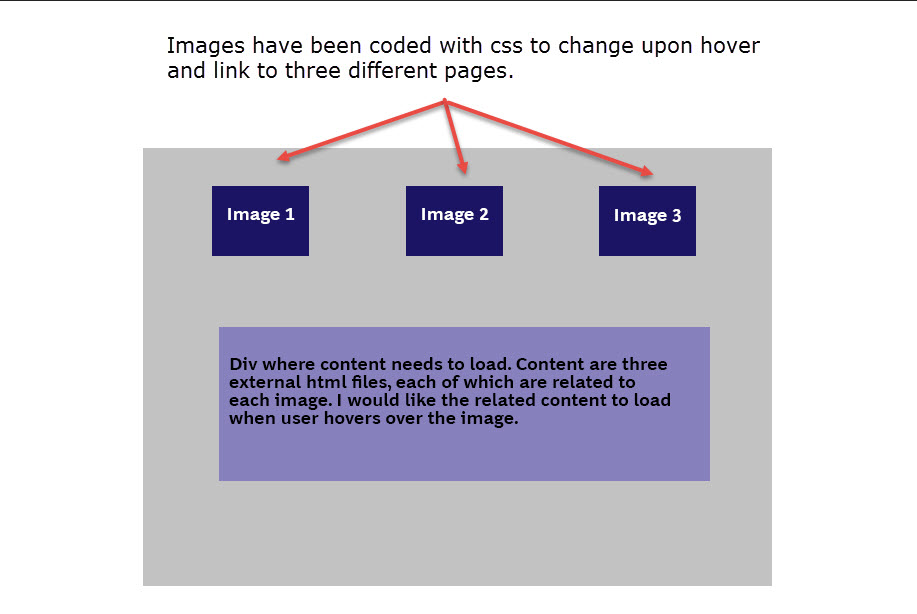
| Picture of the day |
|---|

|
|
Lake Baikal in winter. Ice ridges near Olkhon island in Pribaikalsky National Park.
|




